Buying a new PC can be stressful, but it's a great time to be in the market thanks to all these options competing to be the best Windows laptop. HP's Spectre x360 13 is no doubt the best bet for most people who are looking for a modern Windows laptop for everyday use, thanks to the gorgeous gem-cut design, touch display with a slim bezel, and powerful performance from 10th Gen Intel Core processors (CPU). It's also priced very competitively, pushing it above a lot of other close seconds that might take the top spot. Not quite what you need? There are a bunch of other great picks for the best Windows laptop, which we've rounded up here.
Best Windows Laptops in 2020
- HP Spectre x360 13 — Best Overall: Premium convertible design, value that's hard to beat
- Dell XPS 13 (9300) — Runner-Up: Non-convertible Ultrabook that is perfect in almost every way
- Surface Laptop 3 13 — Runner-Up: Premium quality Ultrabook with knockout touch display
- Surface Pro 7 — Best 2-in-1: Detachable keyboard, deployable stand, beautiful design and display
- Razer Blade 15 — Best Gaming: Loads of gaming power, sleek design
- Lenovo ThinkPad X1 Extreme (Gen 3) — Best Business: Dedicated graphics, 4K display, ThinkPad durability and security
There are a ton of great devices out there that we've been trying out and testing, and this is just a quick glance at the 18 total best Windows laptop options we've rounded up here.
What is the best Windows laptop for most people?
It's a great time to be a fan of Windows laptops, and when shopping around, you might be overwhelmed by all the best Windows laptop choices coming from myriad manufacturers. For most people, the HP Spectre x360 13 brings a mix of performance, build quality, features, and price that is hard to resist. It's a great laptop for just about anything less than gaming or specialized design and development work. If you'd rather invest in one of our picks for best Windows laptop that isn't a convertible — meaning the lid doesn't rotate around 360 degrees for tent, stand, and tablet modes — you'll no doubt want to check out the Dell XPS 13 9300 or the 13-inch Surface Laptop 3.
These top three options are just the appetizer before we get into the real meat of the best Windows laptops picks, ranging from high-end gaming and design laptops down to budget devices that go a long way for less money.
1. HP Spectre x360 13
Best Windows Laptop For Most People
Bottom line: The HP Spectre x360 13 is a premium laptop available at a reasonable price. If you need a convertible with high-end specs and display, this is it. Just don't expect performance for gaming or development work.
Processor: Up to Core i7-1065G7 | RAM: Up to 16GB DDR4 | Storage: Up to 2TB M.2 PCIe NVMe SSD | Graphics: Intel Iris Plus integrated | Display size: 13.3 inches | Display resolution: Up to 4K | Ports: Two Thunderbolt 3, USB-A 3.1, microSD card reader, 3.5mm audio
| Performance | Hardware | Vendor |
|---|---|---|
| Varies | Many configurations | From $1,030 at HP |
| Varies | Many configurations | From $1,250 at Best Buy |
| Mid-range | Core i7, 8GB RAM, 512GB SSD | $1,399 at Amazon |
| High-end 4K | Core i7, 16GB RAM, 1TB SSD | $2,192 at Newegg |
Pros
- 10th Gen Intel Core CPUs
- Wi-Fi 6 and LTE connectivity
- Precision touchpad
- 4K AMOLED touch display with thin bezel
- Big 60Wh battery
Cons
- Speakers moved to bottom of chassis
- Still using 16:9 aspect ratio
HP's 13-inch Spectre x360 has, for the last few years, been close to perfection, though it did have a few major flaws. With the refreshed late-2019 mode, however, HP has done some great things. It's hands-down the best HP laptop. It now has a Precision touchpad for better pointing experience, and the relatively thick bezel has been slimmed by 66%.
The webcam still sits above the display despite the new bezel, and HP has even managed to cram in IR hardware for facial recognition through Windows Hello. Overall, the laptop's chassis has shrunk, and the once top-firing speakers now live on the bottom. Still, there's a 60Wh battery that delivers excellent battery life.
Grab the 13.3-inch touch display in either FHD or 4K AMOLED. The latter has anti-reflective glass to cut glare, and sRGB, AdobeRGB, and DCI-P3 presets that offer excellent color straight from the factory. Just keep in mind the aspect ratio hasn't changed from 16:9, which is beginning to look a bit antiquated in modern devices. For better performance, the Spectre x360 has been upgraded to 10th Gen Intel Core CPUs, as well as up to 16GB of RAM and a 2TB M.2 PCIe solid-state drive (SSD). Wi-Fi 6 connectivity is a nice final touch.
While the XPS 13 9300 is undoubtedly the top pick if you don't want a convertible laptop, the Spectre x360 13 offers untouchable value, making it sit at the pinnacle of our list of the best Windows laptops. It also happens to be at the very top of our ranking of the best Windows 10 LTE laptops.
HP Spectre x360 13
The HP Spectre x360 only had a few things keeping it from greatness, and now those things are here.
Best Windows Laptops in 2020
- 1. HP Spectre x360 13 (From $1,030)
- 2. Dell XPS 13 (From $1,078)
- 3. Surface Laptop 3 13 (From $800)
- 4. Surface Pro 7 (From $599)
- 5. Razer Blade 15 (From $1,600)
- 6. Lenovo ThinkPad X1 Extreme (From $2,689)
- 7. Surface Pro X (From $849)
- 8. Dell XPS 15 (From $1,176)
- More options: (From $400)
The process of buying the best Windows laptop should take a bit of time. You want to be sure that it's perfect for your needs, and you want to be sure that you aren't paying too much. You also want something worth your money that will last for years to come. Setting a price and sticking to it is a good idea when shopping for a laptop. If you can get a device that meets your needs, and you pay what you wanted to pay, you'll be much happier in the long run.
Many premium devices in this list will run into the multiple thousands of dollars range, but you can also get a lot of them starting around the $1,000 mark. These laptops are suitable for plenty of tasks, and the more you pay for upgrades, the better performance you'll see. Mid-range devices usually come in somewhere between $600 and $1,000, and while you can find something built well, the hardware inside may not be able to keep up with intensive tasks, and they likely won't have as many features. Sometimes, though, you get something like the HP ENVY x360 13 that blows us away with its price and features.
There are a few general uses for which most people buy a laptop: gaming, multitasking, and productivity, multimedia editing, or business. Ask yourself what you'll mostly be using the laptop for, and you'll have a much easier time deciding on what type of device you need.
- Heavy usage: Gaming, design, and editing require powerful hardware. You should aim for a high-end CPU and a dedicated GPU. Pair with a high-resolution display if you have the budget.
- Standard usage: Heavy web browsing, occasional gaming, and productivity require average hardware. A high-end CPU will undoubtedly come in handy, though a dedicated GPU is optional.
- Light usage: Light web browsing, email, and occasional video streaming don't require much power. A low- or mid-range CPU will handle this type of work, allowing you to save a lot of money.
There are more considerations to make, including display type, form factor (notebook, convertible, 2-in-1), storage and RAM, battery life, keyboard and touchpad, and ports, which certainly can make it tough to choose one single best Windows laptop. That's why we've laid everything out here to help you make an informed decision.
2. Dell XPS 13 (9300)
Runner-Up
Bottom line: If you'd rather stick with a traditional form factor that doesn't convert to a tablet, the XPS 13 9300 is nearly a perfect Ultrabook with relatively high-end specs for productivity and photo editing.
Processor: Up to Core i7-1065G7 | RAM: Up to 32GB | Storage: Up to 1TB | Graphics: Up to Intel Iris Plus | Display size: 13.4 inches | Display resolution: Up to UHD+ | Ports: Two Thunderbolt 3, microSD card reader, 3.5mm audio
| Performance | Hardware | Vendor |
|---|---|---|
| Varies | Many configurations | From $980 at Dell |
| Mid-range | Core i7, 16GB RAM, 512GB SSD | $2,000 at Amazon |
| High-end | Core i7, 32GB RAM, 1TB SSD | $2,199 at Walmart |
| High-end | Core i7, 16GB RAM, 512GB SSD, 4K | $1,669 at Newegg |
Pros
- 16:10 aspect ratio and thin bezel
- Stunning look and design
- Excellent keyboard and touchpad
- Strong performance
- Beautiful display options
Cons
- Webcam could be better
- Costs more than our top pick for similar specs
The latest refresh of the Dell XPS 13, bringing the 9300 designation, is truly as close to perfection as we've seen. It's easily the best Dell laptop available today. We also think it's the single best laptop between $1,000 and $1,500. Its display now has a 16:10 aspect ratio, which removes the chin that most laptops have below the screen. There is display everywhere you look, thanks to a 91.5% screen-to-body ratio.
A non-touch 1920x1200 (FHD+) screen is the cheapest way to go, bringing an anti-glare finish and up to 500 nits brightness. A middle FHD+ option adds touch, edge-to-edge glass, and an anti-reflective layer to help reduce glare. It also manages 500 nits of brightness. Finally, the most expensive option is a 3840x2400 (UHD+) touch option with edge-to-edge glass, 500 nits brightness, and an anti-reflective layer.
Intel's 10th Gen "Ice Lake" CPUs are employed here for strong performance, accompanied by up to 32GB of LPDDR4x RAM and 2TB of M.2 PCIe SSD storage. RAM is soldered, but the SSD can be upgraded after purchase if you'd like to save some money at checkout. The XPS 13 offers the performance to easily cut through a standard day's work — word processing, heavy web browsing, photo editing — yet it keeps its cool and weighs just 2.65 pounds (1.2kg). It's also unbelievably thin and feels very sturdy thanks to the aluminum chassis.
Ports include two Thunderbolt 3, a microSD card reader, and a 3.5mm audio jack, and Wi-Fi 6 connectivity is included. As for productivity, the backlit keyboard and Precision touchpad should not stand in your way at all. Both are comfortable and easy to use.
Dell XPS 13 (9300)
The XPS 13 9300 has everything we love about an Ultrabook. It looks great, it performs well, and it's a joy to use.
3. Surface Laptop 3 13
Runner-Up
Bottom line: The Surface Laptop 3 13 is all about premium design, high-res touch display with a 3:2 aspect ratio, and modern performance hardware inside.
Processor: Up to Core i7-1065G7 | RAM: Up to 16GB | Storage: Up to 1TB SSD | Graphics: Intel Iris Plus | Display size: 13.5 inches | Display resolution: 2256x1504 | Ports: USB-C, USB-A, 3.5mm audio, Surface Connect
| Performance | Hardware | Vendor |
|---|---|---|
| Varies | Many configurations | From $1,000 at Microsoft |
| Varies | Many configurations | From $1,087 at Amazon |
| Varies | Many configurations | From $1,000 at Best Buy |
| Low-end | Core i5, 8GB RAM, 256GB SSD | From $1,299 at Walmart |
Pros
- Gorgeous design and craftsmanship
- Now with USB-C
- Superb keyboard and touchpad
- Intel 10th Gen hardware
- Some parts can be upgraded
Cons
- No Thunderbolt 3
- No Dolby Vision or anti-glare display
The Surface Laptop 2 was a fine Ultrabook, and Microsoft has made numerous small changes to the 13.5-inch Laptop 3 to make it even better. It's now available with 10th Gen Intel Core CPUs and up to 16GB DDR4x RAM, as well as Wi-Fi 6 connectivity and a faster solid-state drive (SSD) up to 1TB that can be replaced. It's also now rocking a USB-C port, as well as USB-A, Surface Connect, and a 3.5mm audio jack. The keyboard and touchpad are both quieter than the Laptop 2, and typing is about as good as it gets. The touchpad is about 20% larger, and it's using Precision drivers for the best experience possible.
The overall design is as good as ever, with hidden antenna lines for a more streamlined look. If Alcantara — the fabric finish that we saw on the palm rest of the Laptop 2 — isn't your thing, the Laptop 3 can be had with a standard aluminum finish throughout. An IR camera sits above the display for extra security through Windows Hello. It's also our number one pick among best USB-C laptops.
The 13.5-inch touch display is a knockout. It has a boxy 3:2 aspect ratio with 2256x1504 resolution, and it's compatible with the Surface Pen for a stellar inking experience. It would be nice to see Dolby Vision or some anti-glare properties, but at least it hits nearly 400 nits brightness to help combat bright lights. Expect battery life to run somewhere between seven and eight hours on a charge. All of this more than earns the Surface Laptop 3 13.5 a place in our best Windows laptops roundup.
Surface Laptop 3 13
With the addition of USB-C, Wi-Fi 6, and Intel 10th Gen CPUs, the Surface Laptop 3 13.5 delivers a solid follow up to the Laptop 2.
4. Surface Pro 7
Best 2-in-1
Bottom line: For those who need a device that can detach from the keyboard and touchpad to become a tablet — and have the power to rival standard laptops — there is the Surface Pro 7.
Processor: Up to Core i7-1065G7 | RAM: Up to 16GB | Storage: Up to 1TB SSD | Graphics: Up to Intel Iris Plus | Display size: 12.3 inches | Display resolution: 2736x1824 | Ports: USB-C, USB-A, 3.5mm audio, Surface Connect, microSD card reader
| Performance | Hardware | Vendor |
|---|---|---|
| Varies | Many configurations | From $750 at Microsoft |
| Mid-range | Type Cover included | From $799 at Amazon |
| High-end | Core i7, 16GB RAM, 512GB SSD | $1,900 at Best Buy |
| Low-end | Core i3, 4GB RAM, 128GB SSD | $599 at Best Buy |
Pros
- Excellent performance from 10th Gen Intel hardware
- Now with a USB-C port
- Eight hours of battery life
- Instant On and resume
- Premium build quality
Cons
- No Thunderbolt 3
- No LTE
- Bezels are a bit thick
Microsoft's Surface Pro 7 is back and better than ever. Instead of a Mini DisplayPort, it now has a USB-C 3.1 port that's capable of handling dual 4K displays, rounded out by USB-A, a microSD card reader, Surface Connect, and a 3.5mm audio jack. Wi-Fi 6 connectivity is available for blazing wireless speeds, and Bluetooth 5.0 is also included. The Pro 7 now has Instant On, meaning it's ready to go as soon as you need it.
10th Gen Intel Core CPU options boost performance and add Intel Iris Plus integrated graphics, and models can be configured with up to 16GB of LPDDR4x RAM and a 1TB SSD. The display hasn't changed, but that doesn't mean it's not gorgeous. The 12.3-inch touch screen still has a 3:2 aspect ratio and 2736x1824 resolution, complete with Surface Pen compatibility for a quality inking experience.
The Pro 7 keeps cool under load, and you can expect about eight hours of battery life from a model with Core i5 CPU. For some extra security, an IR camera is included for Windows Hello.
Surface Pro 7
Microsoft has finally added a loaded-out USB Type-C port to the Surface Pro 7, as well as 10th Gen Intel hardware.
5. Razer Blade 15
Best Gaming
Bottom line: With a dedicated GPU, powerful Intel CPU options, and myriad high-end display options, the Razer Blade 15 is the best gaming laptop out there as long as you have the budget.
Processor: Up to Core i7-10875 | RAM: Up to 16GB DDR4 | Storage: Up to 1TB SSD | Graphics: Up to NVIDIA RTX 2080 Super | Display size: 15.6 inches | Display resolution: Up to 4K | Ports: Three USB-A 3.2, Thunderbolt 3, USB-C, HDMI 2.0, Ethernet, SD card reader, 3.5mm audio
| Performance | Hardware | Vendor |
|---|---|---|
| Mid-range | Core i7, 16GB RAM, 256GB SSD, GTX 1660 Ti | $1,600 at Microsoft |
| Varies | Many configurations | From $1,600 at Amazon |
| Upper mid-range | Core i7, 16GB RAM, 512GB SSD, RTX 2060 | $1,400 at Best Buy |
| High-end | Core i7, 16GB RAM, 1TB SSD, RTX 2080 Super | $2,800 at Walmart |
Pros:
- 4K OLED display is stunning
- Outstanding audio
- Excellent gaming performance
- Plenty of ports
- Premium build quality
Cons:
- Keyboard has short travel
- Very expensive
If you need a powerful gaming laptop, the Razer Blade 15 should be your first choice should you have the budget. It's also our top pick in a roundup of the overall best gaming laptops available today.
Based on the hardware you want — up to an NVIDIA RTX 2080 Super Max-Q GPU, 10th Gen Intel Core i7-10875 eight-core CPU, and 16GB of dual-channel DDR4 RAM — you'll get access to different display options, including up to 4K OLED with 100% DCI-P3 color reproduction, 60Hz refresh rate, and HDR400 certification. If you want to stick with FHD, you go with up to a 300Hz refresh rate of 100% sRGB color reproduction.
This is all wrapped up in a squared, symmetrical metal chassis that measures just 0.70 inches (17.78mm) thin. Keyboard travel is a bit short, but it has customizable RGB, and the Precision touchpad is huge for times when you're not using an external gaming mouse plugged into one of three USB-A 3.2 ports. Other connectivity includes Thunderbolt 3, HDMI 2.0, and Ethernet, depending on whether or not you get the Base or Advanced model.
Razer Blade 15
The Blade 15 offers stellar performance hardware and up to 4K OLED HDR touch display with a 60Hz refresh rate.
6. Lenovo ThinkPad X1 Extreme (Gen 3)
Best Business Performance
Bottom line: Need the durability and security features of a ThinkPad and the performance of a desktop PC? The third-gen ThinkPad X1 Extreme is what you're looking for.
Processor: Up to Core i9-10885H | RAM: Up to 64GB DDR4 | Storage: Up to 4TB SSD | Graphics: Up to NVIDIA GTX 1650 Ti Max-Q | Display size: 15.6 inches | Display resolution: Up to 4K UHD | Ports: Two USB-A 3.2, Two Thunderbolt 3, HDMI 2.0, 3.5mm audio, SD card reader
| Performance | Hardware | Vendor |
|---|---|---|
| Varies | Many configurations | From $1,614 at Lenovo |
Pros:
- Ridiculous performance
- Awesome 4K OLED display
- High build quality
- Excellent port selection
- Wi-Fi 6 connectivity
Cons:
- Expensive
Refreshed for a third generation, the ThinkPad X1 Extreme has up to a 10th Gen Intel Core i9-10885H vPro CPU, 64GB of DDR4 RAM, 4TB of M.2 PCIe SSD storage, and dedicated NVIDIA GTX 1650 Ti Max-Q GPU. This is a laptop made for power users who also want the added security features and durability that the ThinkPad line offers.
The 15.6-inch display comes in FHD, FHD with Dolby Vision HDR, 4K with Dolby Vision HDR, or 4K OLED with HDR500 and anti-reflective layer to cut down on glare. A webcam lives above the display and comes with a privacy shutter, plus you can add an IR camera for extra security through facial recognition. A fingerprint reader, FIDO authentication, and a Kensington lock slot round out the options.
This laptop is powerful and durable, but it measures just 0.72 inches (18.4mm) thin and weighs in around 3.75 pounds (1.7kg). Wi-Fi 6 is included for fast wireless speeds, and an 80Wh battery does its best to deliver solid battery life (especially for the FHD models). Check out our roundup of the best Lenovo laptops for more options.
Lenovo ThinkPad X1 Extreme (Gen 3)
The ThinkPad X1 Extreme is an ideal choice for anyone who wants the extra security of a business laptop and above-average performance.
7. Surface Pro X
Best Mobility
Bottom line: The Surface Pro X takes Microsoft's unreal design and packs it with ARM hardware and 4G LTE connectivity. If you need to stay connected everywhere, this is a great option.
Processor: Microsoft SQ1 | RAM: Up to 16GB LPDDR4x | Storage: Up to 512GB SSD | Graphics: Adreno 685 | Display size: 13 inches | Display resolution: 2880x1920 | Ports: Two USB-C, Surface Connect, nano SIM
| Performance | Hardware | Vendor |
|---|---|---|
| Varies | Many configurations | From $850 at Microsoft |
| Varies | Many configurations | From $849 at Amazon |
| Varies | Many configurations | From $1,000 at Best Buy |
Pros:
- Beautiful display with inking
- Thin and light design
- LTE comes standard
- IR camera for Windows Hello
- Adreno 685 GPU with two teraflops
Cons:
- No Wi-Fi 6
- ARM has some limitations
- No 3.5mm audio jack
Microsoft's Surface Pro X has branched out from the standard Pro lineup we've become accustomed to seeing over the last few generations. Instead of using Intel hardware, it has inside a custom Microsoft SQ1 CPU that's essentially a beefed-up Snapdragon 8cx. Add in an Adreno 685 GPU, up to 16GB of RAM, and a 512GB SSD, and you have a 2-in-1 ideal for creative people on the move. A Snapdragon X24 modem offers LTE connectivity in all models.
Moving itself away from the Pro 7, the Pro X has a chassis with a thinner bezel to accommodate a larger 13-inch display with 2880x1920 resolution and 3:2 aspect ratio. Combined with the new Surface Slim Pen, you're getting an extremely versatile setup.
An IR camera for facial recognition adds to security, and two USB-C, Nano-SIM, and Surface Connect are available for connecting accessories. Like the Pro 7 and Laptop 3, the Pro X can power dual 4K displays at a 60Hz refresh rate using one USB-C port.
Surface Pro X
This ARM-powered Pro brings LTE connectivity, beautiful display, and excellent battery life, all in a thin and light chassis.
8. Dell XPS 15 (9500)
Best 15-Inch Ultrabook
Bottom line: Dell's XPS line continues with the larger XPS 15, the laptop that other 15-inch devices tries to live up to. It's packing performance hardware (including discrete GPU) and a slim design.
Processor: Up to Core i9-10885H | RAM: Up to 64GB DDR4 | Storage: Up to 2TB SSD | Graphics: Up to NVIDIA GTX 1650 Ti | Display size: 15.6 inches | Display resolution: Up to 4K UHD | Ports: Two Thunderbolt 3, USB-C 3.1, SD card reader, 3.5mm audio
| Performance | Hardware | Vendor |
|---|---|---|
| Varies | Many configurations | From $1,127 at Dell |
| Upper mid-range | Core i7, 16GB RAM, 512GB SSD, GTX 1650 Ti | From $1,720 at Amazon |
| Upper mid-range | Core i7, 16GB RAM, 1TB SSD, GTX 1650 Ti | $2,399 at Walmart |
Pros
- 16:10 aspect ratio display
- Gorgeous FHD+ and UHD+ screen options
- Powerful performance
- Top-firing speakers
- Good keyboard and touchpad
Cons
- Expensive
Along with the XPS 13 9300, the XPS 15 9500 received a fairly serious overhaul. It has a larger 16:10 aspect ratio for the display, which eliminates the chin, the Precision touchpad is way more prominent, and the keycaps are also larger for a better typing experience. Speakers on either side of the keyboard, as well as speakers on the underside of the laptop, make for quality audio.
You can get the display in either FHD+ or UHD+ resolutions, with the latter being touch and the former being non-touch. These Sharp IGZO panels deliver unreal color and contrast, and you should be satisfied with either option. There's hardly any bezel, yet there's still an IR camera above the display for Windows Hello.
Get up to a 10th Gen Intel Core i7-10875H CPU, 64GB of RAM, and a 2TB M.2 PCIe SSD. The real cherry on top is the dedicated NVIDIA GTX 1650 Ti GPU with 4GB of VRAM. It's all powered by a beefy 86Wh battery that can deliver a full day of battery life. Wi-Fi 6 is also included for fast wireless connectivity. This PC also sits atop our list of the very best 15-inch laptops.
Dell XPS 15 (9500)
Larger display, touchpad, and keycaps, as well as beefier internal hardware, make the XPS 15 the 15-inch Ultrabook to beat.
9. Surface Book 3 15
Best Versatility
Bottom line: There's nothing else like the Surface Book 3 thanks to the modular design. Remove the display from the performance base to use it like a tablet, or keep it all together to get desktop-grade performance.
Processor: Up to Core i7-1065G7 | RAM: Up to 32GB LPDDR4x | Storage: Up to 2TB SSD | Graphics: Up to NVIDIA GTX 1660 Ti Max-Q | Display size: 15 inches | Display resolution: 3240x2160 | Ports: Two USB-A 3.1, USB-C 3.1, 3.5mm audio, Two Surface Connect, SD card reader
| Performance | Hardware | Vendor |
|---|---|---|
| Varies | Many configurations | From $2,300 at Microsoft |
| Mid-range | Core i7, 16GB RAM, 256GB SSD, GTX 1660 Ti | $2,110 at Amazon |
| Varies | Many configurations | From $2,300 at Best Buy |
Pros
- Excellent build quality and design
- Excellent graphics performance
- All-day battery life
- Very versatile
Cons
- Design is a bit dated
- No Dolby Vision HDR
The refreshed Surface Book 3 hasn't changed physically since the Surface Book 2. Instead, the primary focus was on internal hardware. The 15-inch Book 3 still has a touch display with 3240x2160 resolution and a 3:2 aspect ratio, and it's still modular. That means you can remove the display portion to be used as a tablet, albeit without the dedicated GPU and lesser battery life. When connected to the base, you get a comfortable keyboard, Precision touchpad, and the full gamut of performance hardware.
The Book 3 now features 10th Gen Intel Core CPUs, Wi-Fi 6 wireless connectivity, and 16GB of RAM as the base option, with up to 32GB total. The dedicated GPU has also been upgraded to an NVIDIA GTX 1660 Ti Max-Q, with the opportunity for NVIDIA Quadro RTX 3000 graphics for those working with specialized software. If you need a unique laptop that can do everything, this should make for a great choice.
Surface Book 3 15
The refreshed Surface Book 3 for 2020 gets new Intel 10th Gen processors, more powerful GTX graphics, and much better Wi-Fi, SSD, and RAM options.
10. HP ENVY x360 13
Best Budget Convertible
Bottom line: The ENVY x360 13 is packing AMD Ryzen 4000 mobile CPUs, bringing unreal performance at a great price. It's not quite as premium as the Spectre x360, but it's close.
Processor: Up to Ryzen 7 | RAM: Up to 16GB DDR4 | Storage: Up to 1TB SSD | Graphics: Radeon Vega | Display size: 13.3 inches | Display resolution: 1920x1080 | Ports: USB-C, two USB-A, 3.5mm audio, microSD card reader
| Performance | Hardware | Vendor |
|---|---|---|
| High-end | Ryzen 7, 16GB RAM, 512GB SSD | $1,249 at Walmart |
| High-end | Ryzen 7, 16GB RAM, 512GB SSD | $1,250 at Newegg |
Pros
- Excellent performance from AMD Ryzen
- Good touchpad and keyboard
- Outstanding value
- Pen is included for inking
- Above-average touch display
Cons
- No Thunderbolt 3
- Still using 16:9 aspect ratio
The latest refresh to the HP ENVY x360 13 has turned it into the hands-down best budget convertible on the market today, as well as our top pick of the best AMD Ryzen laptops. That's partly thanks to AMD Ryzen 4000 mobile CPUs, which deliver strong performance at a great price. Choose from Ryzen 3, Ryzen 5, or Ryzen 7 CPUs, add up to 1TB of M.2 PCIe SSD storage, and go with up to 16GB of RAM with the Ryzen 7 model. This is an excellent PC if you're looking for something to handle everyday office, school, or homework. Battery life should last upwards of eight hours from a charge.
The display, which is still using a 16:9 aspect ratio, comes in three different flavors depending on your budget and taste. The most affordable is a standard touch FHD screen with 300 nits brightness. For a few dollars more, you can upgrade to 400 nits brightness, and for quite a bit more, you can add an FHD version with an integrated privacy screen and up to 1,000 nits brightness.
The metal chassis is built well and houses a comfortable keyboard and touchpad. Ports include USB-C, two USB-A, 3.5mm audio, and a microSD card reader. The laptop is stuck on Wi-Fi 5 and doesn't include Thunderbolt 3, which are arguments for the pricier Spectre x360. Otherwise, this is a beautiful laptop that's available at a great price.
HP ENVY x360 13
HP's 2020 Envy x360 13 combines with AMD's latest Ryzen 4000 series processors to make a pretty compelling and affordable little laptop. Models are currently sold out almost everywhere, so expect to pay more.
11. Dell XPS 13 2-in-1 (7390)
Best 13-Inch Convertible
Bottom line: Love the look of the XPS 13 9300 but want a convertible? The 2-in-1 7390 actually came first and features a lot of the same stuff we love about the notebook version.
Processor: Up to Core i7-1065G7 | RAM: Up to 32GB LPDDR4x | Storage: Up to 1TB SSD | Graphics: Up to Intel Iris Plus | Display size: 13.4 inches | Display resolution: Up to 3840x2400 | Ports: Two Thunderbolt 3, 3.5mm audio, microSD card reader
| Performance | Hardware | Vendor |
|---|---|---|
| Varies | Many configurations | From $882 at Dell |
| High-end | Core i7, 32GB RAM, 512GB SSD | $1,690 at Amazon |
| Mid-range | Core i7, 8GB RAM, 256GB SSD | $1,400 at Best Buy |
Pros
- Dazzling HDR anti-glare touch display
- Robust audio
- Eight-hour battery life
- Clean, minimalist design
- 10th Gen Intel hardware
Cons
- Ports limited but powerful
- Hardware not upgradeable
The original Dell XPS 13 2-in-1 was a bit of a letdown due to underpowered Intel Y-series CPUs and disappointing battery life, but the refreshed 7390 model has cleaned things up. You're now able to get 10th Gen Intel Core CPUs and a full workday of battery life, which is impressive from a convertible with this grade of touch display. It's sized at 13.4 inches with a 16:10 aspect ratio, available in either 1920x1200 or 3840x2400. With Dolby Vision HDR400 certification and excellent color, you're going to love this laptop every time you open the lid.
The slim chassis is understated and gorgeous, with a dual-hinge setup that lets you rotate the display around for tent, stand, and tablet modes. Combined with an active pen, this laptop is quite versatile. Platinum, silver finish is available for the outer shell, while you have black carbon fiber or artic white woven fiber interior options. Ports include two Thunderbolt 3, a microSD card reader, and a 3.5mm audio jack. The design means you can't get inside to upgrade hardware yourself, but there are plenty of configuration options available from Dell.
The second-gen maglev keyboard is included here for a responsive feel, and there's a large Precision touchpad to promote productivity. If you're interested in consuming media, know that the down-firing speakers on the XPS 13 2-in-1 are quite loud and full. For some extra security, a fingerprint reader is built into the power button. If it's a convertible PC you seek, and you want one of the best Windows laptops on the market, look no further. Have a glance at our collection of the best 13-inch laptop options for more great picks.
Dell XPS 13 2-in-1 (7390)
The new XPS 13 2-in-1 is a spectacular and fun convertible Ultrabook that brings the best of today's technology into one device.
12. Lenovo Yoga C940
Best 14-Inch Convertible
Bottom line: Soundbar hinge, beautiful display options, comfy keyboard, and convertible design. This is a top choice for anyone who likes watching TV and movies on their laptop.
Processor: Up to Core i7-1065G7 | RAM: Up to 16GB LPDDR4x | Storage: Up to 2TB SSD | Graphics: Intel Iris Plus | Display size: 14 inches | Display resolution: Up to 4K UHD | Ports: Two Thunderbolt 3, USB-A 3.1, 3.5mm audio
| Performance | Hardware | Vendor |
|---|---|---|
| Varies | Many configurations | From $900 at Lenovo |
| Upper mid-range | Core i7, 12GB RAM, 512GB SSD | $1,430 at Microsoft |
| Upper mid-range | Core i7, 12GB, 512GB SSD | $1,136 at Amazon |
Pros:
- Premium convertible design in 14- or 15-inch options
- 4K touch display with HDR
- Soundbar hinge with impressive audio
- Dedicated GPU in 15-inch option
- 10th Gen Intel Core CPUs in 14-inch option
Cons:
- Prices climb quickly
Lenovo's Yoga C lineup has been overhauled with both 14- and 15-inch sizes for the C940. Both still feature a soundbar hinge with impressive audio, though it's now a single piece rather than split into two. This delivers a more seamless look, and sound is just as good as before, if not better. The display comes in either FHD or 4K touch options, and the bezel is slim for a premium look. A pen, built into the chassis, offers a quality inking experience. This is our pick for the very best Lenovo laptop.
If you opt for the larger 15-inch version, you'll have access to a 9th Gen Intel Core i9-9880H vPro processor (CPU), 16GB of DDR4 RAM, 2TB M.2 PCIe NCMe solid-state drive (SSD), and a dedicated NVIDIA GTX 1650 graphics card (GPU) with 4GB of VRAM. The 14-inch model isn't far behind, with a 10th Gen Core i7-1065G7 CPU, 16GB of RAM, and a 2TB PCIe SSD. Note it lacks a dedicated GPU.
Both models include two Thunderbolt 3 ports, a single USB-A 3.1, and a 3.5mm audio jack, and both come with a fingerprint reader and webcam shutter for better security. Keyboards are comfy no matter the size, but only the large C940 comes with a number pad.
Lenovo Yoga C940
The combination of convertible design, 4K display, and soundbar convertible hinge make the Yoga C940 a winner.
13. Lenovo ThinkPad X1 Yoga (Gen 5)
Best Business Convertible
Bottom line: The fifth-gen X1 Yoga combines ThinkPad durability and security features with a slim, convertible design and built-in active pen for inking.
Processor: Up to Core i7-10610U | RAM: Up to 16GB LPDDR3 | Storage: Up to 1TB SSD | Graphics: Intel UHD | Display size: 14 inches | Display resolution: Up to 4K UHD | Ports: Two USB-A 3.2, two Thunderbolt 3, HDMI 1.4, Ethernet extension, 3.5mm audio
| Performance | Hardware | Vendor |
|---|---|---|
| Varies | Many configurations | From $1,350 at Lenovo |
| Entry-level | Core i7, 8GB RAM, 256GB SSD | $1,821 at Amazon |
| High-end | Core i7, 16GB RAM, 1TB SSD, 4K | $2,304 at Walmart |
Pros
- Thin, light all-metal convertible design
- Tons of security features
- Generous port selection
- Beautiful 4K touch display with inking
- Comfortable typing
Cons
- RAM is soldered (and slow)
- Camera isn't great
- Gets expensive fast
The fifth-gen ThinkPad X1 Yoga is here, bringing a slight refresh over the fourth-gen models. You're still getting the same slim design that's durable enough to stand up to daily use and abuse, plus it's a convertible so you can use it in a tent, stand, or tablet modes. Touch display options include FHD low power or privacy filter, QHD, or UHD with Dolby Vision HDR400 and up to 500 nits brightness.
The X1 Yoga is packed with security features, including an optional Privacy Guard display, FIDO authentication, dTPM 2.0 chip, fingerprint reader, an IR camera for Windows Hello, a webcam shutter, Kensington lock slot, and more. Wi-Fi 6 connectivity is now included, and you can still add LTE connectivity if you need to keep connected everywhere.
Performance hardware is based around 10th Gen Intel Core "Comet Lake" CPUs, accompanied by up to 16GB of RAM and a 1TB PCIe SSD. Lenovo claims up to 19 hours of battery life from the 51Wh battery, no doubt when using the low-watt display and lower-end CPU.
Lenovo ThinkPad X1 Yoga (Gen 5)
The new ThinkPad X1 Yoga is a lot like the last X1 Yoga, but that doesn't mean it's not still a beautiful convertible laptop dripping with features.
14. Lenovo ThinkPad X1 Carbon (Gen 8)
Best 14-Inch Laptop
Bottom line: ThinkPad laptops come in many shapes and sizes, but the X1 Carbon sits near the top if you want something that's thin and light with a lot of business features.
Processor: Up to Core i7-10610U | RAM: Up to 16GB LPDDR3 | Storage: Up to 1TB SSD | Graphics: Intel UHD Graphics | Display size: 14 inches | Display resolution: Up to 4K UHD | Ports: Two Thunderbolt 3, two USB-A 3.2, HDMI 1.4, Ethernet extension, 3.5mm audio
| Performance | Hardware | Vendor |
|---|---|---|
| Varies | Many configurations | From $1,250 at Lenovo |
| Mid-range | Core i7, 16GB RAM, 512GB SSD | $1,902 at Walmart |
| Entry-level | Core i5, 8GB RAM, 256GB SSD | $1,529 at B&H |
Pros
- 10th Gen Intel Core CPU options
- FHD, QHD, or 4K displays available
- Varied port selection
- Comfortable keyboard and touchpad
- Durable ThinkPad build
Cons
- Relatively pricey
The refreshed eighth-gen ThinkPad X1 Carbon still brings a black carbon finish for the durable chassis that's been put through a bunch of durability tests. It's an ideal laptop if you're working in the field, mainly thanks to LTE connectivity. It now also has Wi-Fi 6 for speedy wireless connections.
A 14-inch display is available in a few different versions, from efficient low-power FHD to stunning 4K with Dolby Vision HDR400. For something in between, there's a QHD option. All displays have precise color, and the bezel is slim for a premium look. A PrivacyGuard feature can be added to the FHD display, which helps keep your display private when working in public. Other notable security features include a fingerprint reader, Kensington lock slot, FIDO authentication, camera shutter, and an IR camera for facial recognition.
10th Gen Intel Core "Comet Lake" CPU options offer lots of power and can be combined with up to 16GB of RAM and a 1TB M.2 PCIe SSD. Ports include two Thunderbolt 3, two USB-A 3.2 (Gen 1), HDMI 1.4, Ethernet extension, and 3.5mm audio. If 14 inches is your sweet spot, this PC is among the best Windows laptops for you.
Lenovo ThinkPad X1 Carbon (Gen 8)
With 4G LTE modem, powerful performance, and a brilliant display, get a premium business laptop ideal for staying connected.
15. LG gram 17
Best 17-Inch Laptop
Bottom line: The gram lineup from LG aims to make laptops as thin and light as possible without subtracting essential features, performance, and durability. In that sense, it's a winner.
Processor: Up to Core i7 | RAM: Up to 16GB DDR4 | Storage: Up to 1TB SSD | Graphics: Up to Intel Iris Plus | Display size: 17 inches | Display resolution: 2560x1600 | Ports: Three USB-A 3.1, Thunderbolt 3, HDMI 1.4, microSD card reader, 3.5mm audio
| Performance | Hardware | Vendor |
|---|---|---|
| High-end | Core i7, 16GB RAM, 1TB SSD | $1,647 at Amazon |
| High-end | Core i7, 16GB RAM, 1TB SSD | $1,850 at Best Buy |
| Upper mid-range | Core i7, 16GB RAM, 512GB SSD | $1,500 at Walmart |
Pros
- 2K display with 16:10 ratio
- Light build despite size
- All-day battery life
- 10th Gen Intel hardware and Wi-Fi 6
- Fingerprint reader
Cons
- Keyboard and touchpad relatively small
- No discrete GPU
A 17-inch laptop is excellent for multitasking thanks to the enormous display, but you often trade portability. However, the LG gram 17 weighs in at just 2.98 pounds (1.35kg), making it as light as a lot of 13-inch Ultrabooks. The vast display has a 2560x1600 resolution with a 16:10 aspect ratio, and it has a battery that will last for a full day before needing a charge. This is easily one of the best LG laptops.
Performance hardware includes up to a 10th Gen Intel Core i7-1065G7 CPU, 16GB of RAM, and two 512GB PCIe SSDs. There's no dedicated GPU, but you can take advantage of Intel Iris Plus Graphics from 10th Gen hardware. Ports include Thunderbolt 3, HDMI, three USB-A 3.1, a microSD card reader, and 3.5mm audio for generous connectivity.
The Precision touchpad seems small compared to all the available space, but it tracks well. Typing for extended periods shouldn't be an issue on the keyboard, and a fingerprint reader built into the power button adds security through Windows Hello. Included is Wi-Fi 6 for speedy connectivity. This worthy PC also made our lists of best rugged laptops for students and best Windows laptops with full number pads, and it's our pick for the very best 17-inch laptop.
LG gram 17
The LG gram 17 is an extraordinarily light and capable 17-inch Ultrabook that's perfect for students, photographers, and other pros.
16. ASUS ROG Zephyrus G14
Best Budget Gaming
Bottom line: With up to AMD Ryzen 9 CPU, NVIDIA RTX 2060, and gaming-grade display, the Zephyrus G14 has a whole lot to offer for a relatively affordable price.
Processor: Up to Ryzen 9 | RAM: Up to 32GB DDR4 | Storage: Up to 1TB SSD | Graphics: Up to NVIDIA RTX 2060 | Display size: 14 inches | Display resolution: Up to 2560x1440 | Ports: Two USB-C 3.2, two USB-A 3.2, HDMI 2.0b, 3.5mm audio
| Performance | Hardware | Vendor |
|---|---|---|
| High-end | Ryzen 9, 16GB DDR4, 1TB SSD, RTX 2060 | $1,530 at Amazon |
| High-end | Ryzen 9, 16GB DDR4, 1TB SSD, RTX 2060 | $1,450 at Best Buy |
| Mid-range | Ryzen 7, 8GB DDR4, 512GB SSD, GTX 1650 | $1,199 at Walmart |
Pros
- AMD Ryzen 9 is unbelievable
- Wi-Fi 6 and lots of ports
- 14-inch chassis that's thin and light
- Fingerprint reader
- Competitive price
Cons
- Does get hot
Not only is the Zephyrus G14 a unique-looking gaming laptop, the inclusion of an AMD Ryzen 9 4900HS CPU is a total game changer. Along with an NVIDIA RTX 2060 Max-Q GPU, 16GB of DDR4 RAM, and a 1TB M.2 PCIe SSD, this is a stellar gaming laptop that is available at a very attractive price.
The 14-inch display has an FHD resolution with a 120Hz refresh rate, making it easy for the internal hardware to push high frame rates. No Ethernet port is included, though it does offer Wi-Fi 6 for fast, reliable wireless connectivity. Other ports include HDMI, two USB-C 3.2, two USB-A 3.2, and a 3.5mm audio jack.
This laptop weighs in at just 3.52 pounds (1.6kg) and has a unique style. Some might find the aesthetic to be a bit too aggressive, but it certainly flies in the face of the modern minimalist trend we've been seeing. Once you start gaming, the look is hardly going to matter anyway. This is easily one of the best Windows laptops for gamers on a budget.
ASUS ROG Zephyrus G14
If you're on a budget and want a new gaming laptop, the ASUS ROG Zephyrus G14 should be at the top of your list.
17. Surface Go 2
Ultra Portable
Bottom line: The Go 2 is an excellent follow-up to the original, and it's still the top choice for anyone who's looking for a 10.5-inch tablet that can also function as a notebook.
Processor: Up to Intel Core m3 | RAM: Up to 8GB | Storage: Up to 128GB SSD | Graphics: Intel UHD 615 | Display size: 10.5 inches | Display resolution: 1920x1280 | Ports: USB-C, 3.5mm audio, Surface Connect, microSD card reader
| Performance | Hardware | Vendor |
|---|---|---|
| Varies | Many configurations | From $400 at Microsoft |
| Varies | Many configurations | From $435 at Amazon |
| Varies | Many configurations | From $400 at Best Buy |
Pros
- Beautiful 10.5-inch touch display
- More powerful Core m3 CPU
- Wi-Fi 6 and optional LTE
- Good battery life
- Premium design
Cons
- Might not have enough performance for some people
Sometimes all you need is a Windows device without extremely powerful hardware that can travel with you everywhere. That's where the Surface Go 2 fits into this collection. Compared to the first Surface Go, the refreshed model has a larger display (thinner bezels offer more space without making the size of the device any larger), a more powerful Intel Core m3 CPU option, and Wi-Fi 6. Optional LTE is also available if you need to stay connected everywhere.
The premium design remains mostly unchanged, and you're still getting a high-quality aluminum build but kickstand on the back and optional attachable Type Cover and Surface Pen for inking. The 10.5-inch touch display has a 3:2 aspect ratio and 1920x1280 resolution for a great look.
While the Intel Core m3 CPU option does add a much-needed boost to performance over the first generation, it's still not going to handle intensive work. This is a 2-in-1 that's best reserved for light work on the move. Keep it there, and it will truly shine.
Surface Go 2
Surface Go 2 gets a much-improved processor that finally delivers on speed, but without making battery life worse.
18. Lenovo Flex 5G
Best Modern Connectivity
Bottom line: Live in an area with 5G wireless coverage? Want a laptop that can benefit from the new standard? This is what you want.
Processor: Snapdragon 8cx | RAM: 8GB LPDDR4x | Storage: 256GB UFS 3.0 | Graphics: Adreno 680 | Display size: 14 inches | Display resolution: 1920x1080 | Ports: Two USB-C 3.2, 3.5mm audio, SIM slot
| Performance | Hardware | Vendor |
|---|---|---|
| Stock | Snapdragon 8cx, 8GB RAM, 256GB SSD | $1,700 at Lenovo |
| Stock | Snapdragon 8cx, 8GB RAM, 256GB SSD | $1,400 at Verizon |
Pros
- Unlocked 4G and 5G SIM and eSIM
- Extreme battery life, always on
- Slick design
- Attractive display
- Good performance
Cons
- Expensive "5G tax"
- No hibernate
- Glossy screen
- No Wi-Fi 6
ARM-powered PCs have been coming into their own over the last few years, and Lenovo has gone a step further with the Flex 5G offering — you guessed it — built-in 5G connectivity. While coverage is still in its infancy, those living near a 5G area will be able to reap the benefits of fast wireless internet. A SIM slot and eSIM capabilities are included.
It's powered by a Snapdragon 8cx CPU, it has 8GB of LPDDR4x RAM, and it has 256GB of UFS 3.0 storage for fast read and middling write speeds. ARM does indeed have some limitations, but the laptop will handle most common apps, whether emulated or not. You should see around 12 hours of battery life even when using the laptop all day connected to 4G LTE, and with the screen brightness cranked up.
The display is a beauty, with precise color and around 400 nits brightness. The display is quite glossy, but unless you're working outdoors, it shouldn't be too much of an issue. The display can rotate around thanks to the convertible design, and it supports an active pen for Windows Ink. If you need to stay connected everywhere and want to experience 5G in a laptop, this should be an attractive choice.
Lenovo Flex 5G
This convertible laptop includes built-in 5G connectivity, allowing you to stay connected with incredibly fast internet speeds.
What about all the other Windows laptops?
There's basically a best Windows laptop for every kind of user, including the one that wants to save money, spend a lot, or look forward to experimental form factors. Want to have a laptop to use just for work? There's a model for you. Does your work involve intensive tasks like photo or video editing? There's one for you, too. With all this in mind, the HP Spectre x360 13 edges out the XPS 13 9300 and Surface Laptop 3 13.5 due to insane value and an overall high-class build that should appeal to most people.
You get a strong performance from 10th Gen Intel hardware, and the 60Wh battery easily lasts through a full workday, so you don't have to worry about plugging in. It now has a Precision touch, fixing one of the main problems, and the overall footprint is smaller due to the display bezel being shrunk down by 66%. Choose from FHD touch for best battery life, or go with 4K AMOLED for a gorgeous picture.
And if you're in search of even more amazing laptops, we have a bunch of other roundups. Have a look at our picks for the best gaming laptops, best Ultrabooks, best laptops for college students, best laptops for high school students, and best upgradeable laptops.
How to choose the right laptop form factor
Modern laptops are available primarily in three different designs.
Notebook: This is your standard clamshell laptop with a lid that opens to a maximum of about 180 degrees. Notebooks sometimes come with touch displays, but you'll mostly see them with non-touch options.
Convertible: If you're looking at a laptop with a screen that rotates all the way around to lie flat again, you're looking at a convertible laptop. The design also allows for tent and stand modes, offering you some variety. Convertible laptops use touch displays.
2-in-1: Laptops with a removable keyboard and touchpad are called 2-in-1. You can use them as a tablet without anything attached, but you can also connect the keyboard for a full laptop experience. 2-in-1 devices use touch displays and often have a compatible active pen.
Convertible and 2-in-1 laptops work fine as standard laptops, but they also have the added benefit of working as a tablet. If you hate the idea of a tablet and think you'll be sticking with a standard laptop design, choosing a notebook can often save money.
How to choose the right laptop display
Laptop displays, besides size, have a few options to choose from. One of the most significant decisions you'll have to make is whether or not you want a touchscreen. Having touch ability often means you can use an active pen as well as your fingers for navigation, and it makes it possible to use your device as a tablet. Touch displays will usually burn battery faster and cost more, so decide carefully.
For resolution, a lot of budget laptops come in HD (1366x768). HD is useable, but most people prefer at least FHD (1920 x1080) for a crisper picture and more on-screen real estate. QHD (2560x1440) displays are available on many premium laptops, and 4K UHD (3840x2160) is where most modern laptops max out. High display resolution affects battery life and raises the cost, so choose something that suits your needs.
Finally, laptop displays usually come with either IPS or TN panels. IPS panels offer wide viewing angles and excellent color reproduction but often don't offer the same refresh rates as TN panels. TN panels, while not offering the same color quality, are usually cheaper.
There's also the matter of aspect ratio. While 16:9 was long the standard, boxier 16:10, and 3:2 aspect ratios are becoming more common. They deliver more screen real estate and often remove the bottom bezel, making the laptop appear a lot more modern on top of giving you more space to operate.
Credits — The team that worked on this guide
Cale Hunt is a staff writer at Windows Central. He focuses mainly on PC, laptop, and accessory coverage, as well as the emerging world of VR. He is an avid PC gamer and multi-platform user and spends most of his time either tinkering with or writing about tech.
Daniel Rubino is the executive editor of Windows Central. He has been covering Microsoft since 2009 back when this site was called WMExperts (and later Windows Phone Central). His interests include Windows, Surface, HoloLens, Xbox, and future computing visions. Follow him on Twitter: @daniel_rubino.

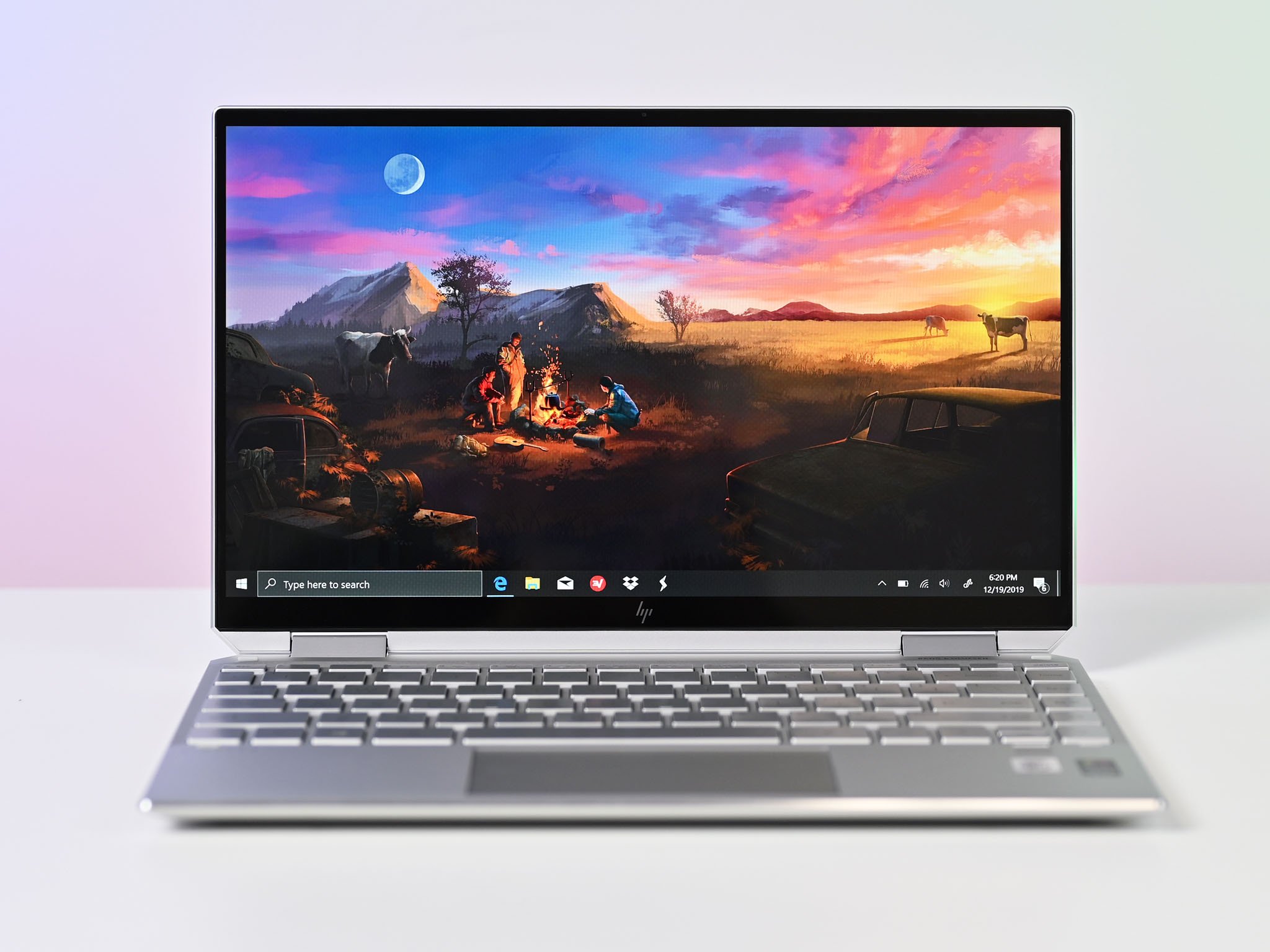
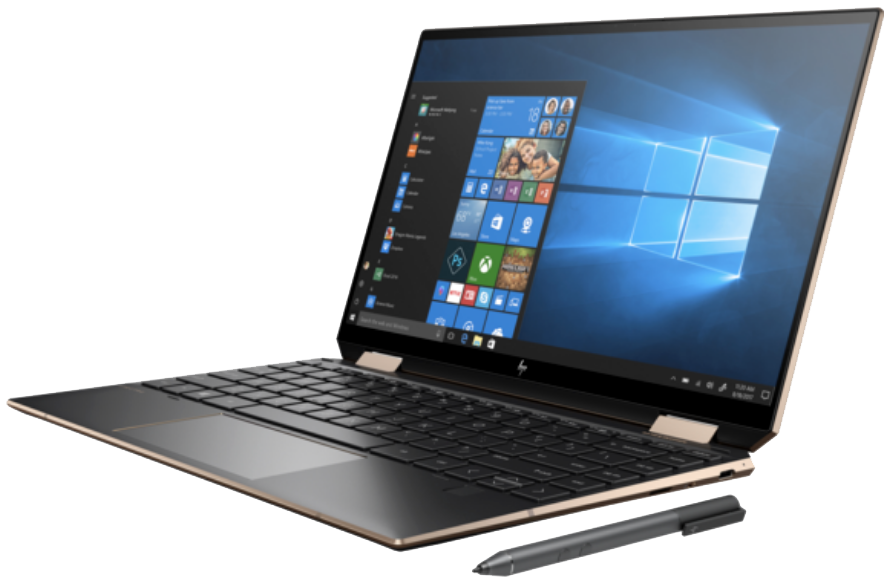
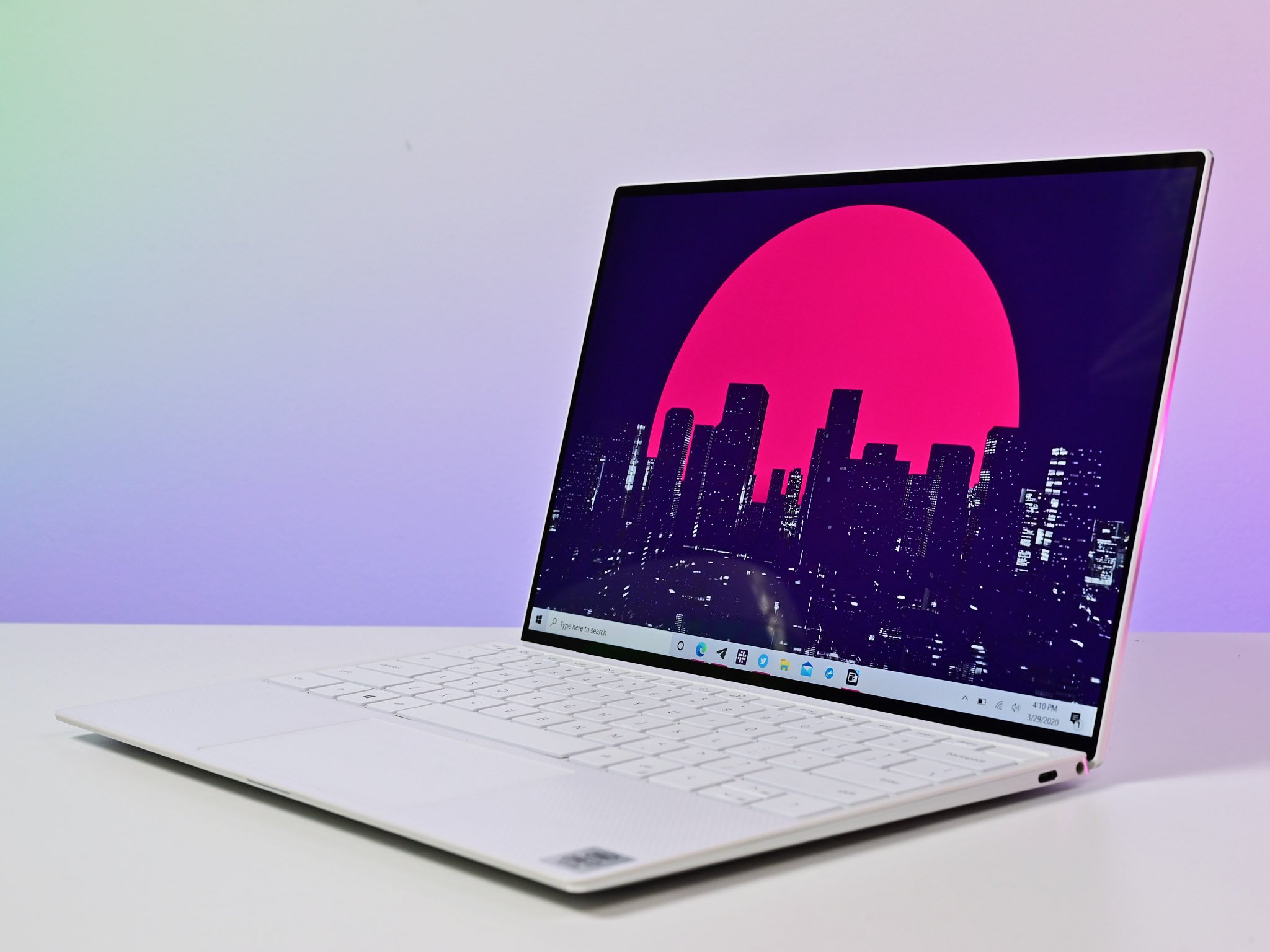
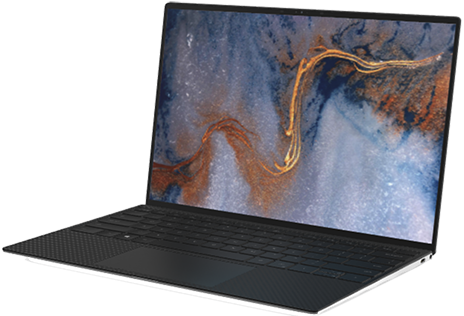
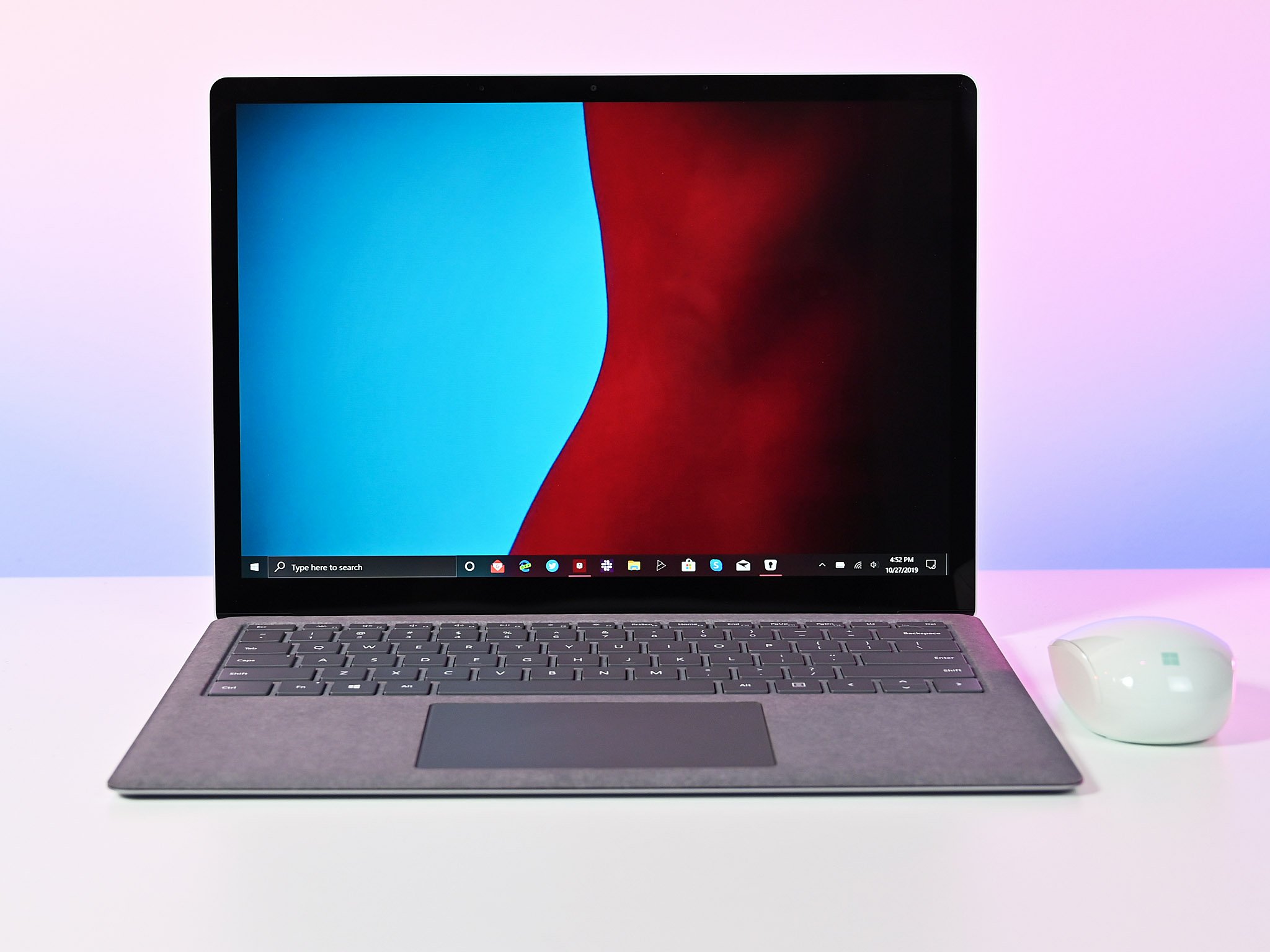
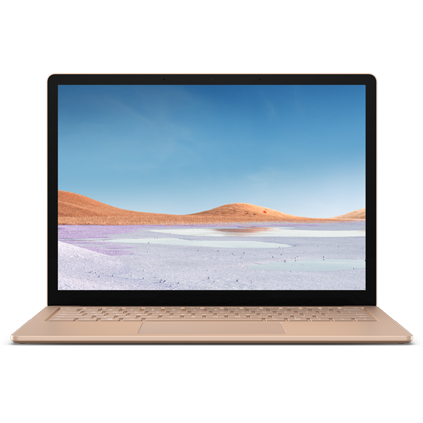
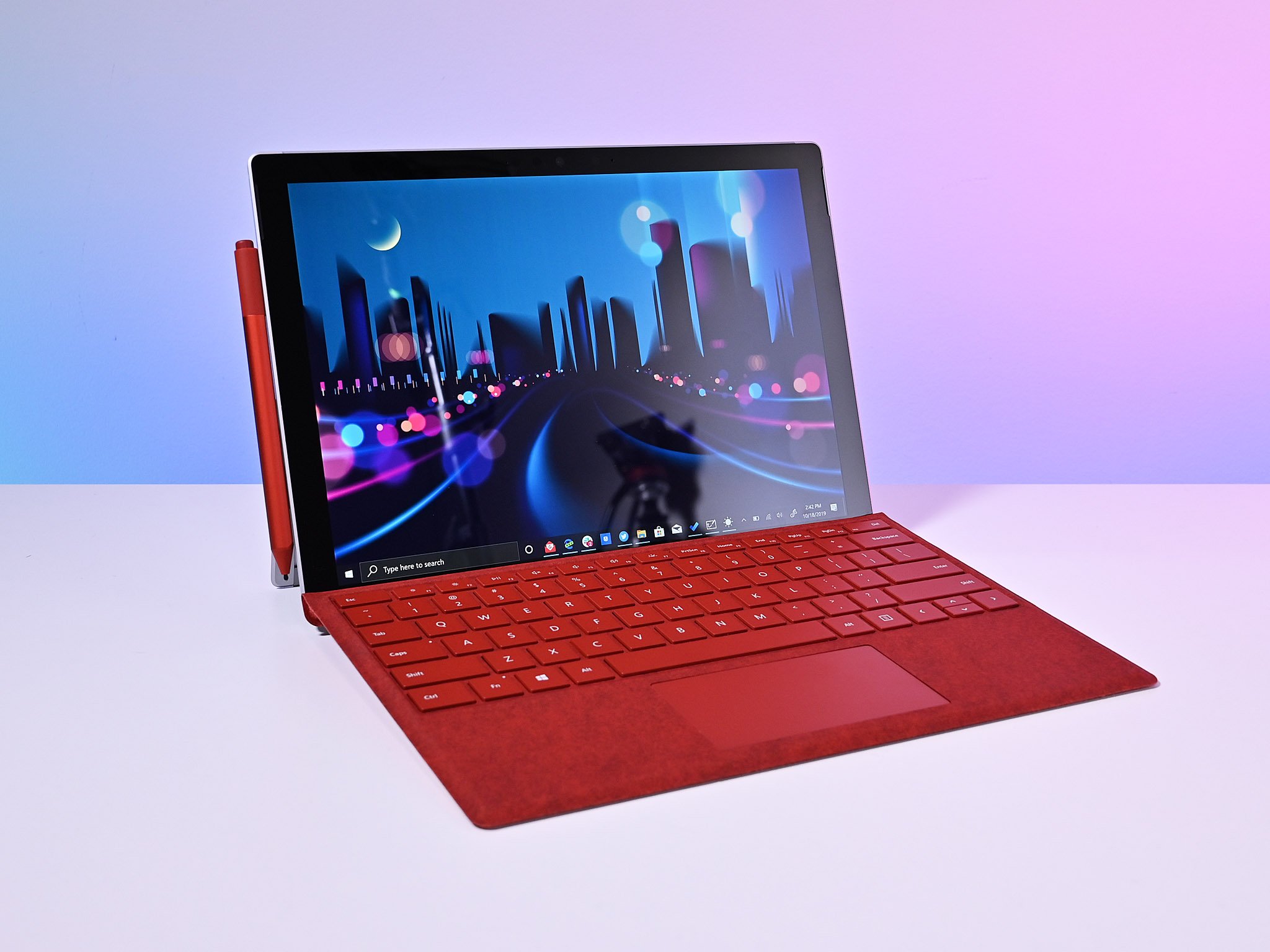

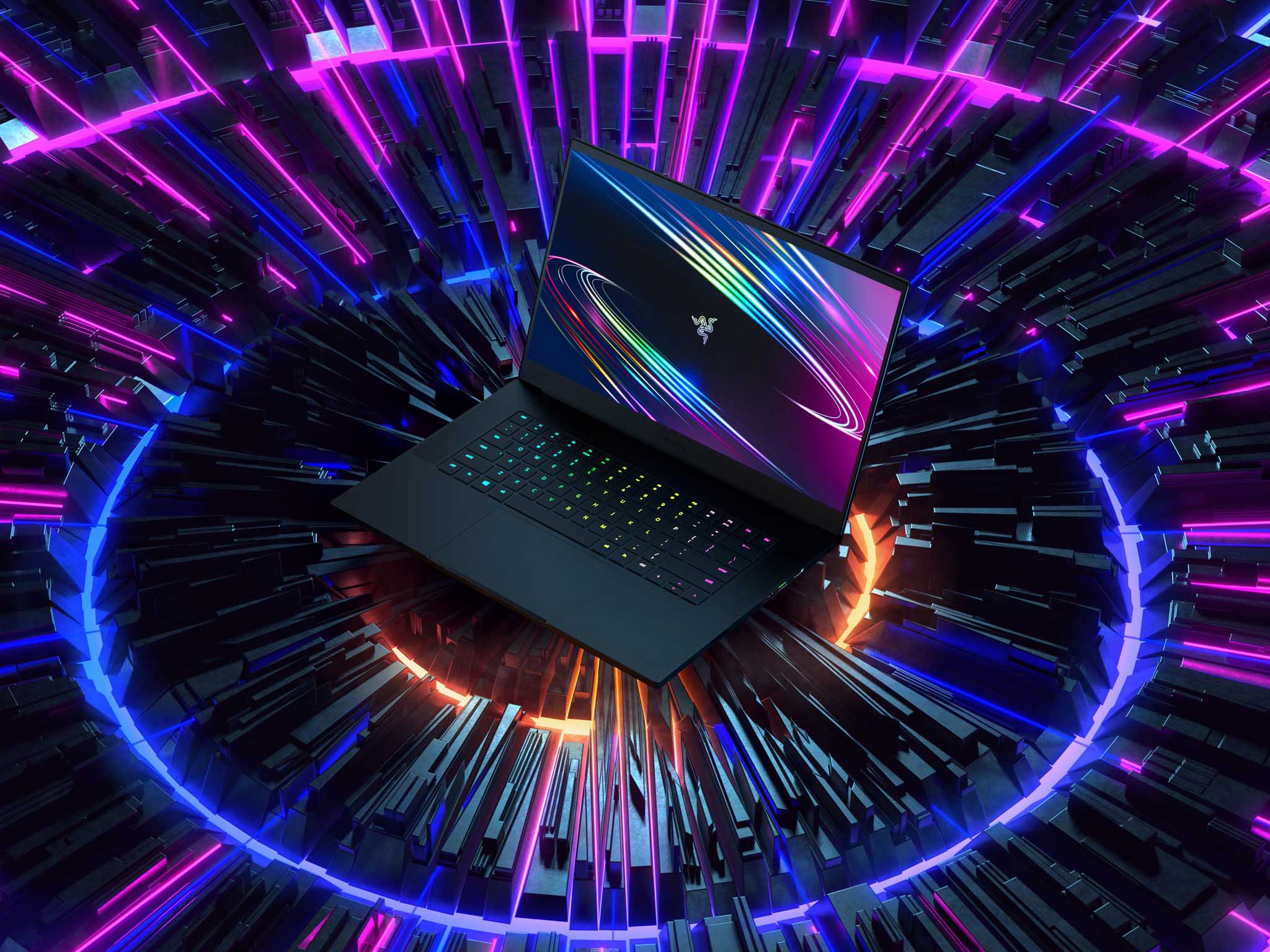

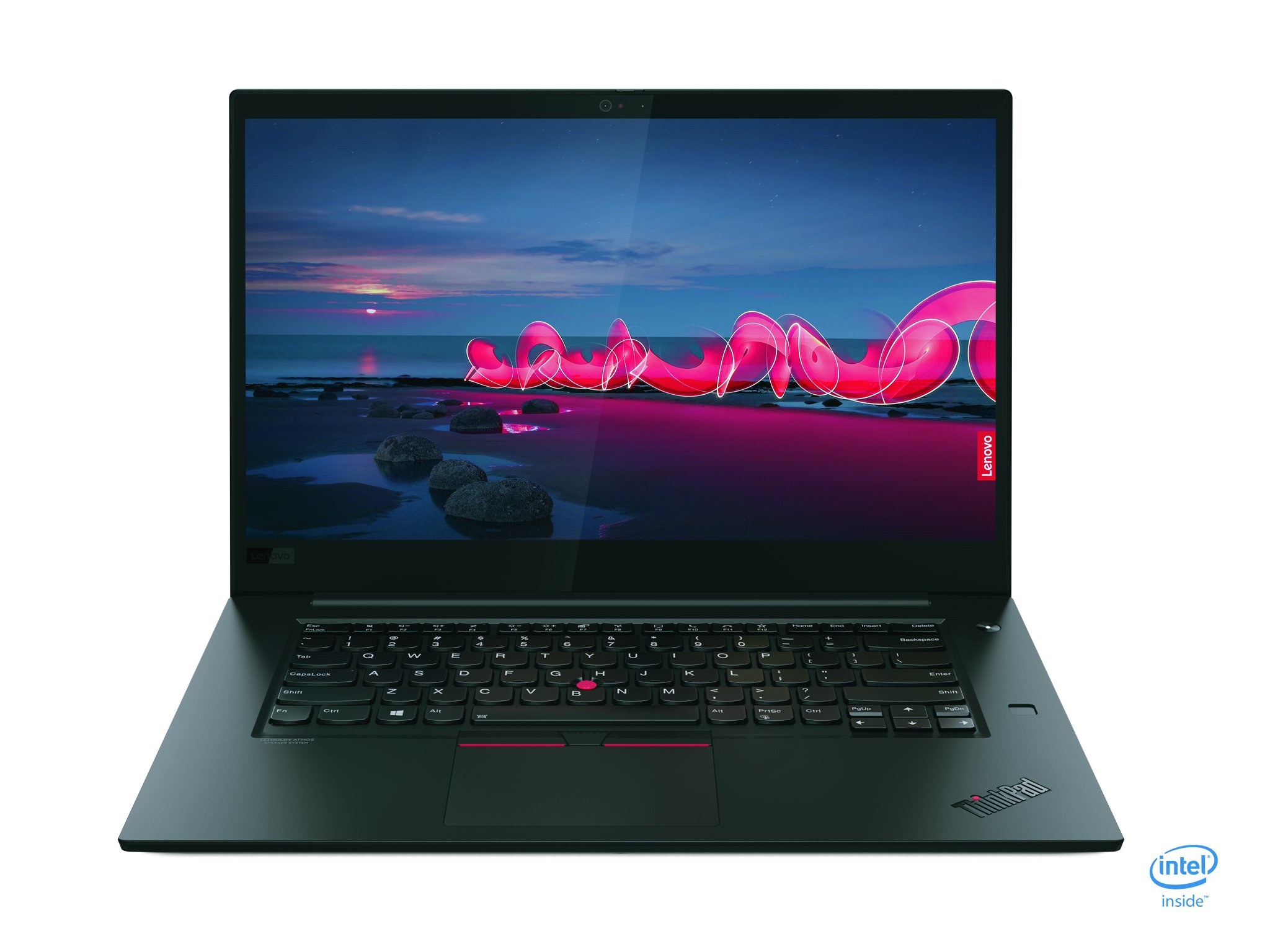
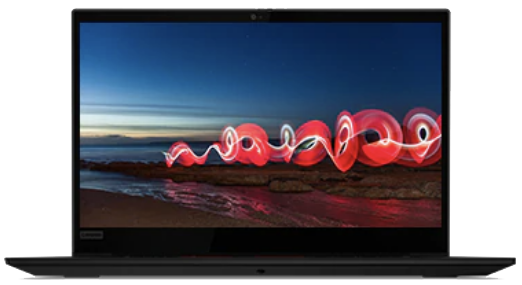
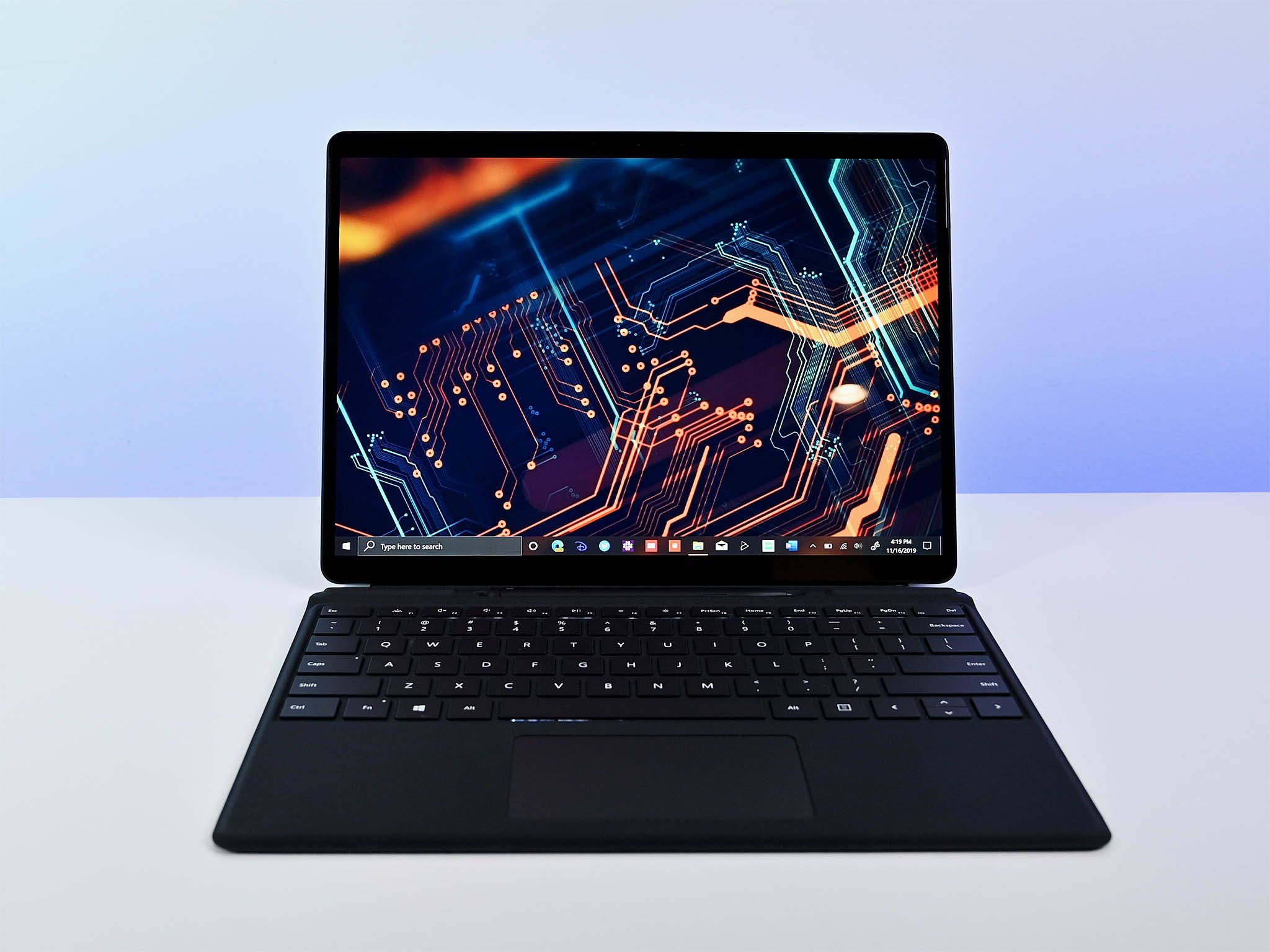
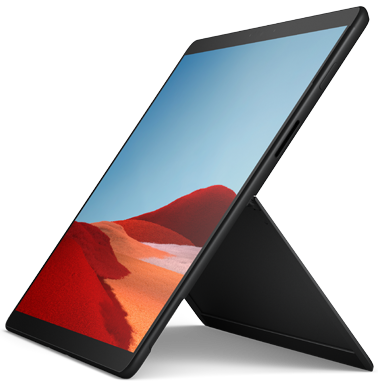
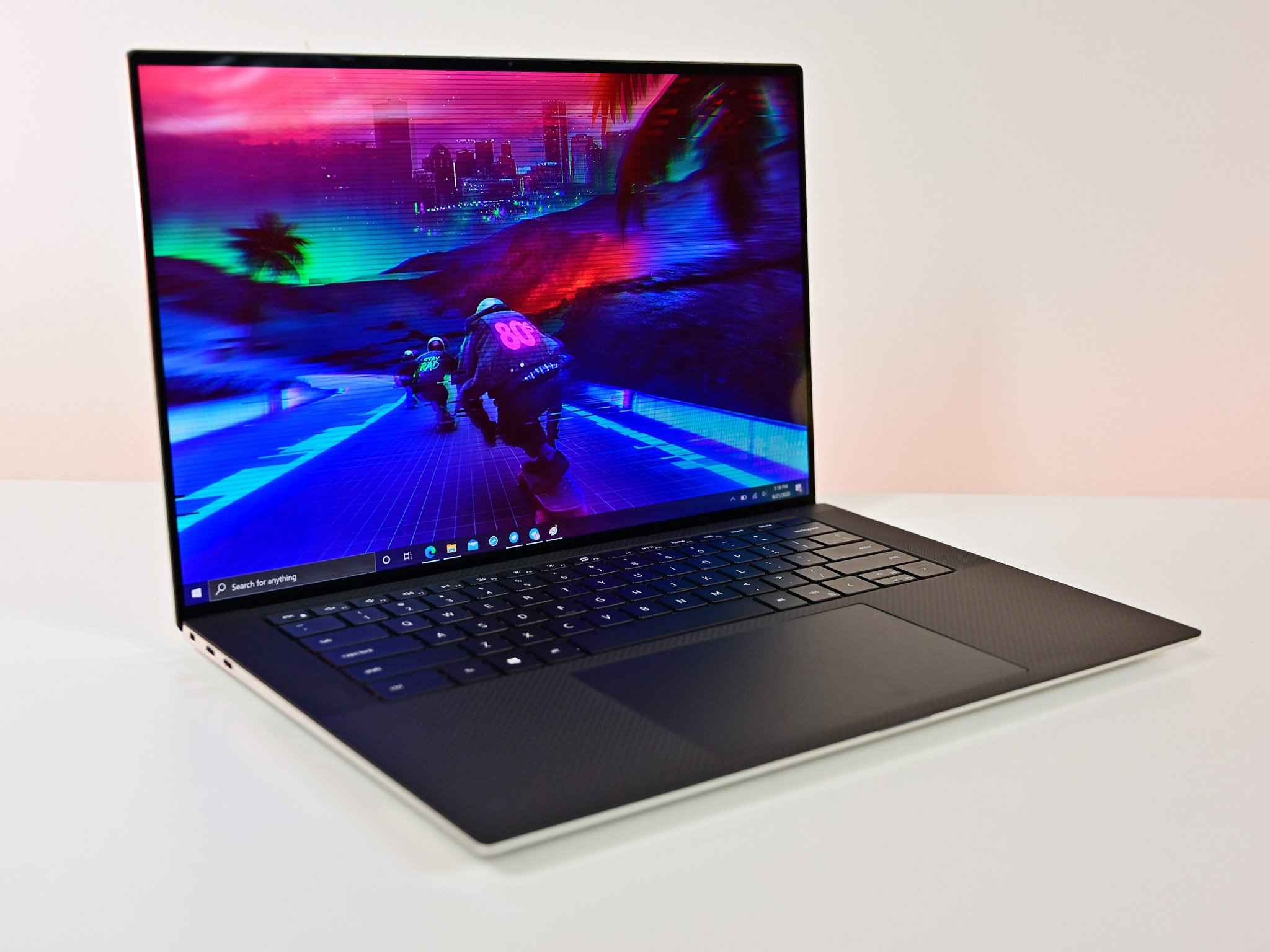
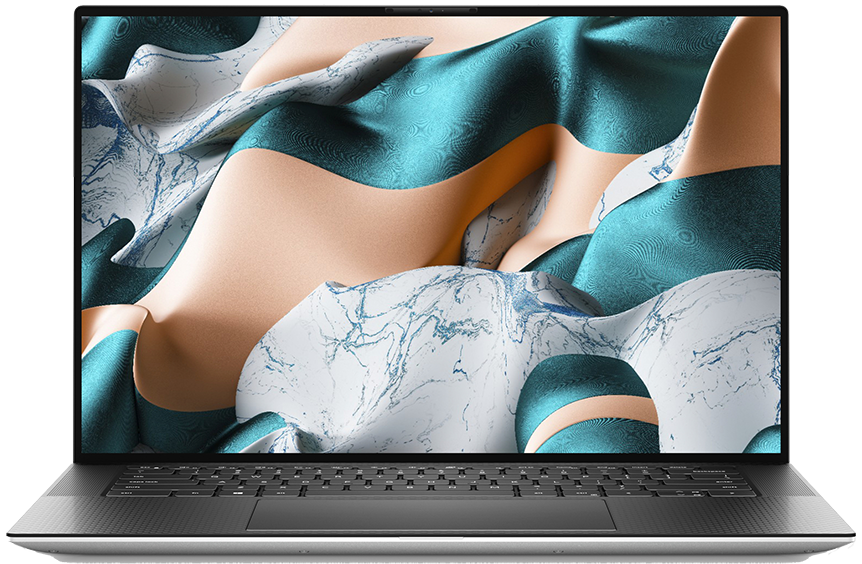
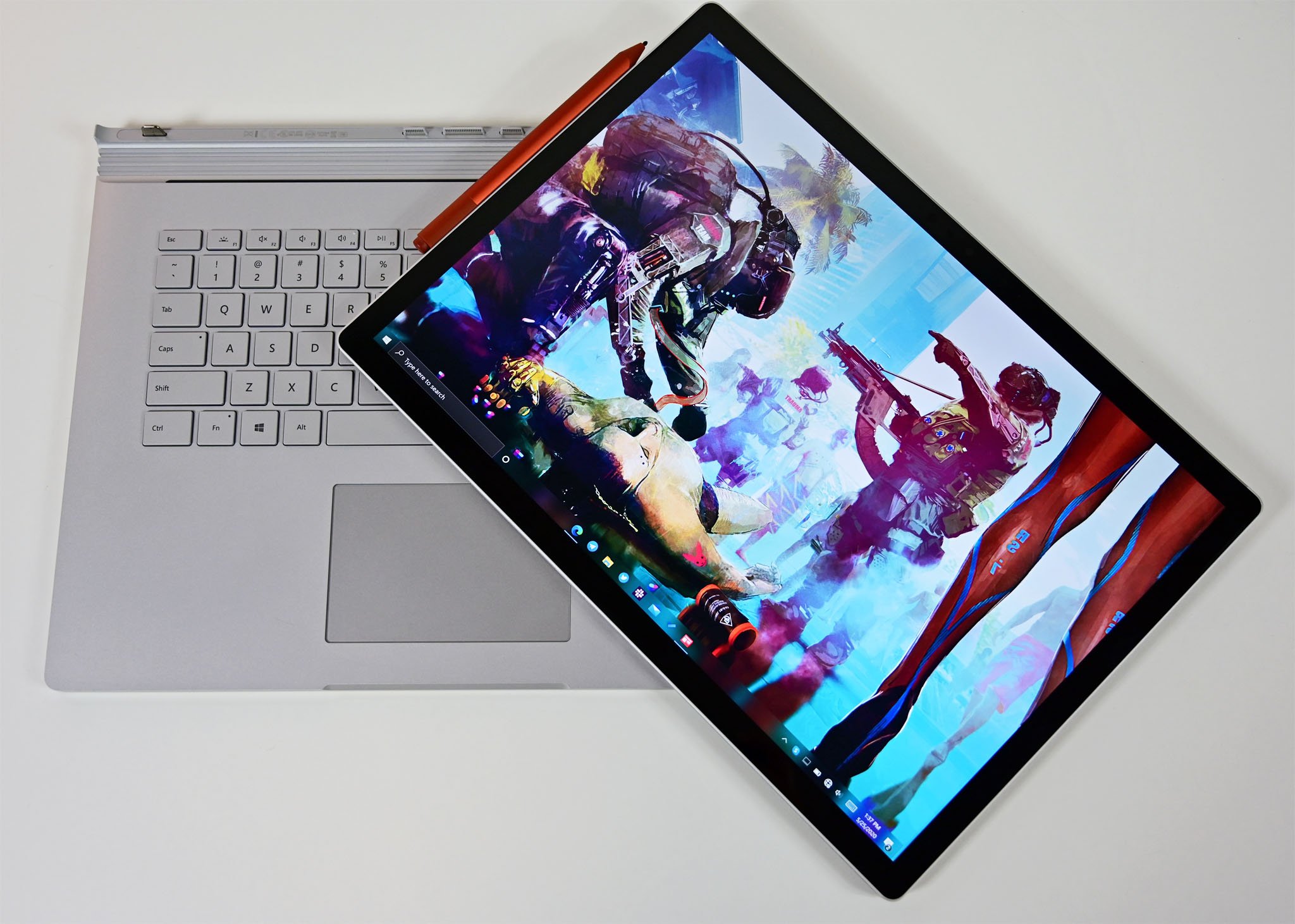
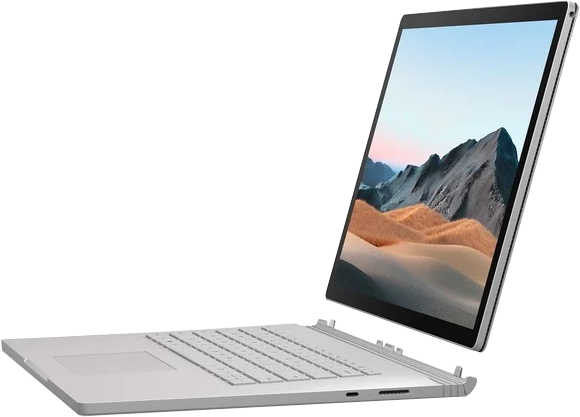
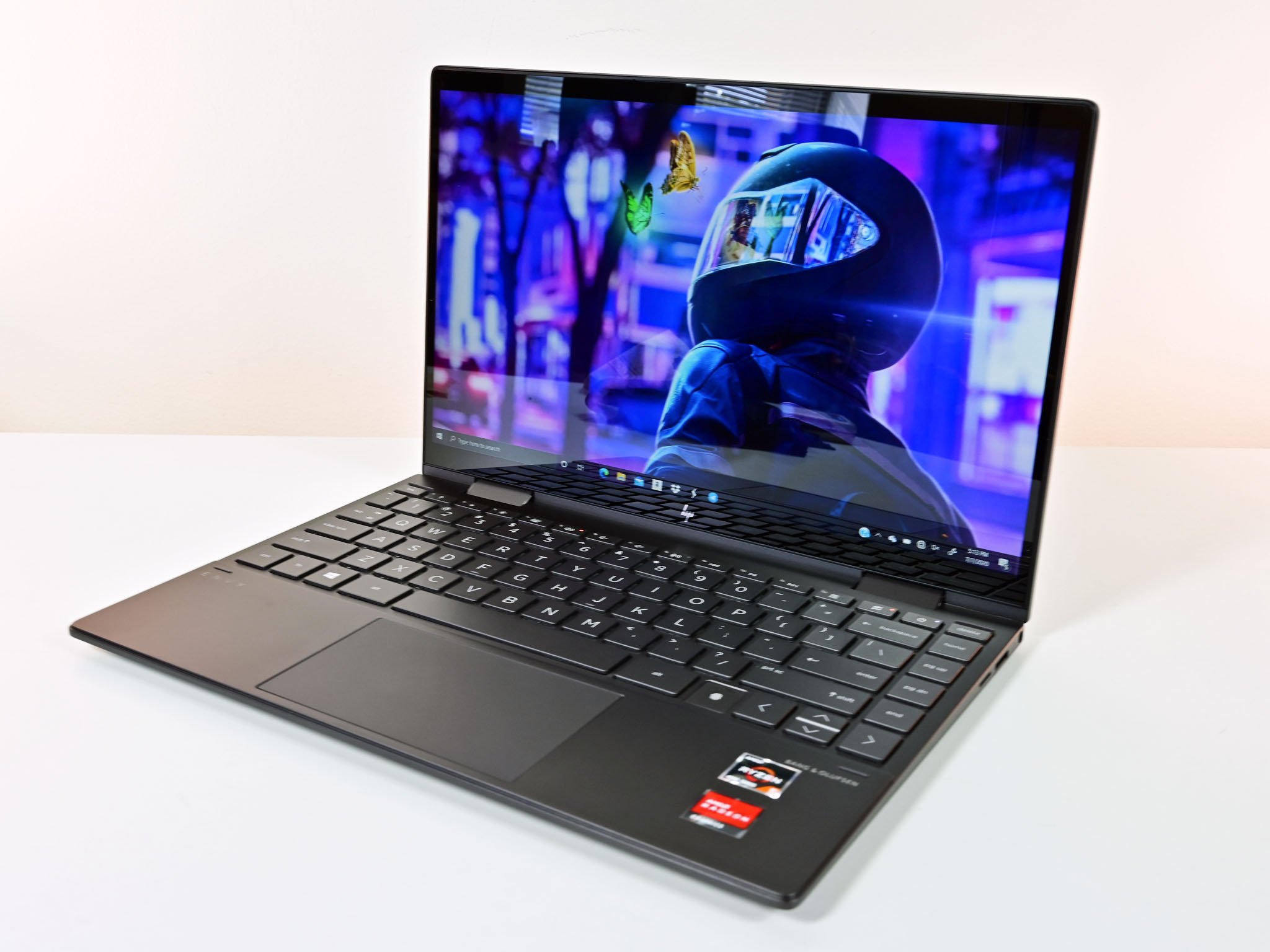

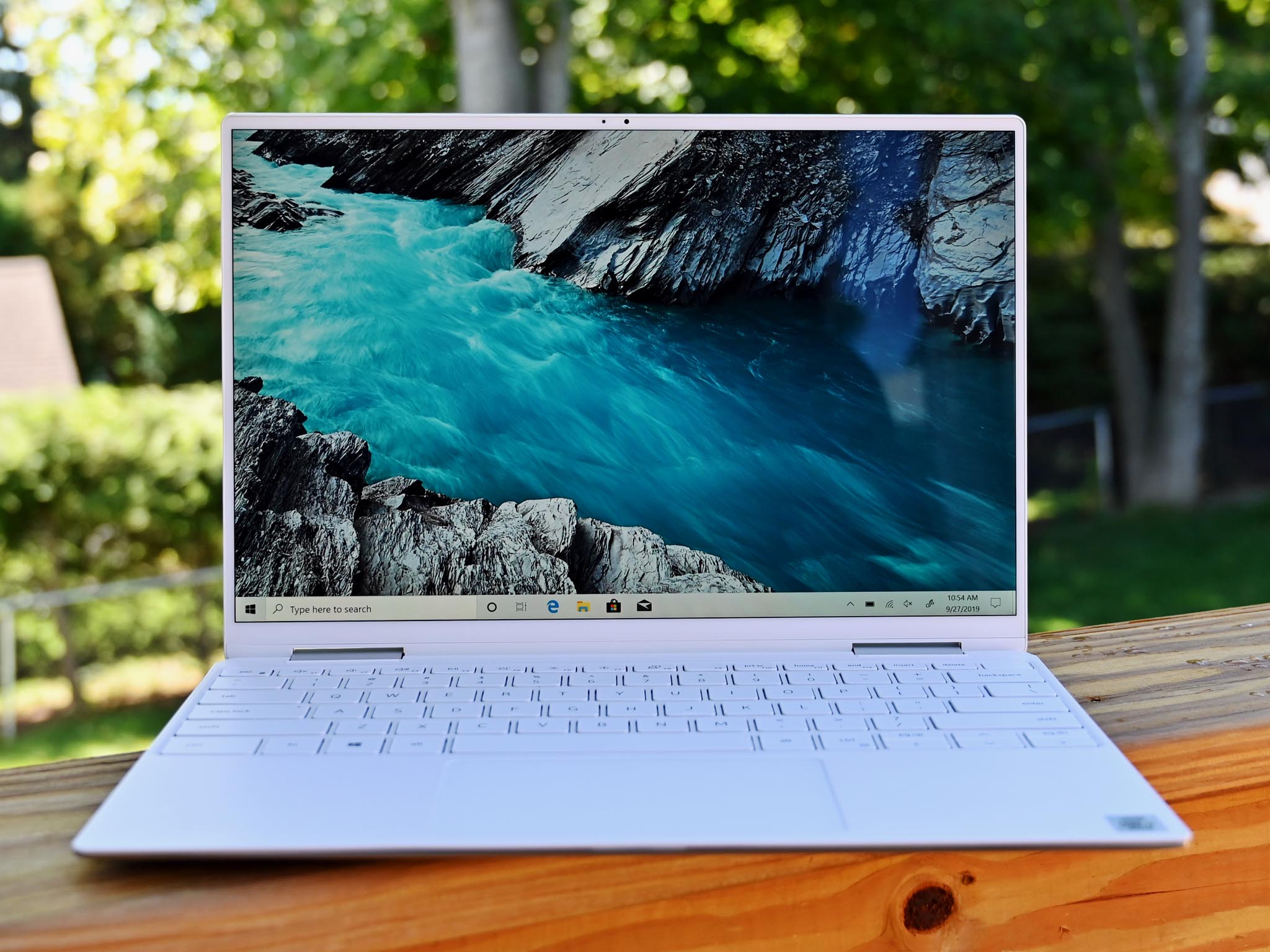
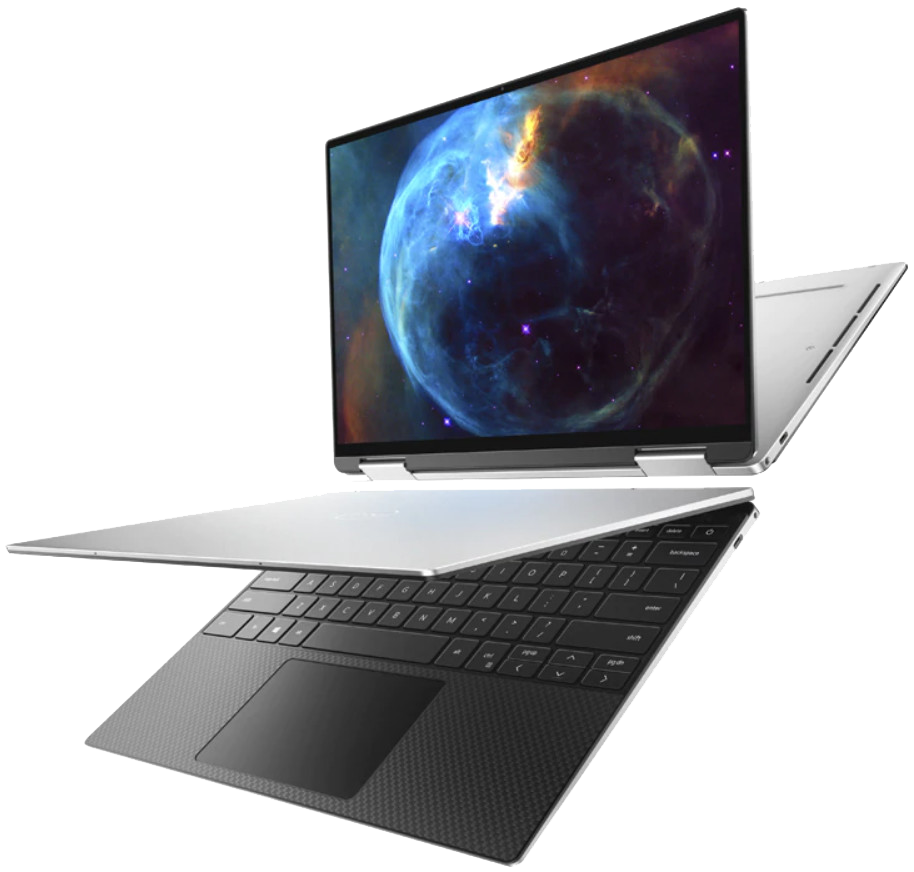

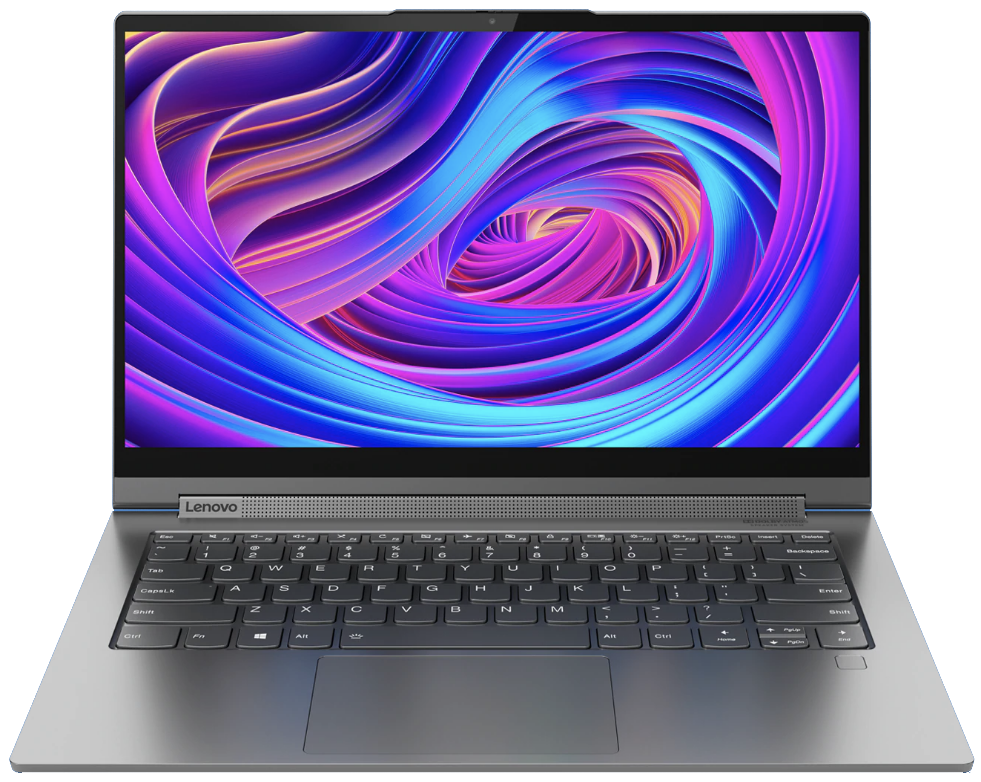
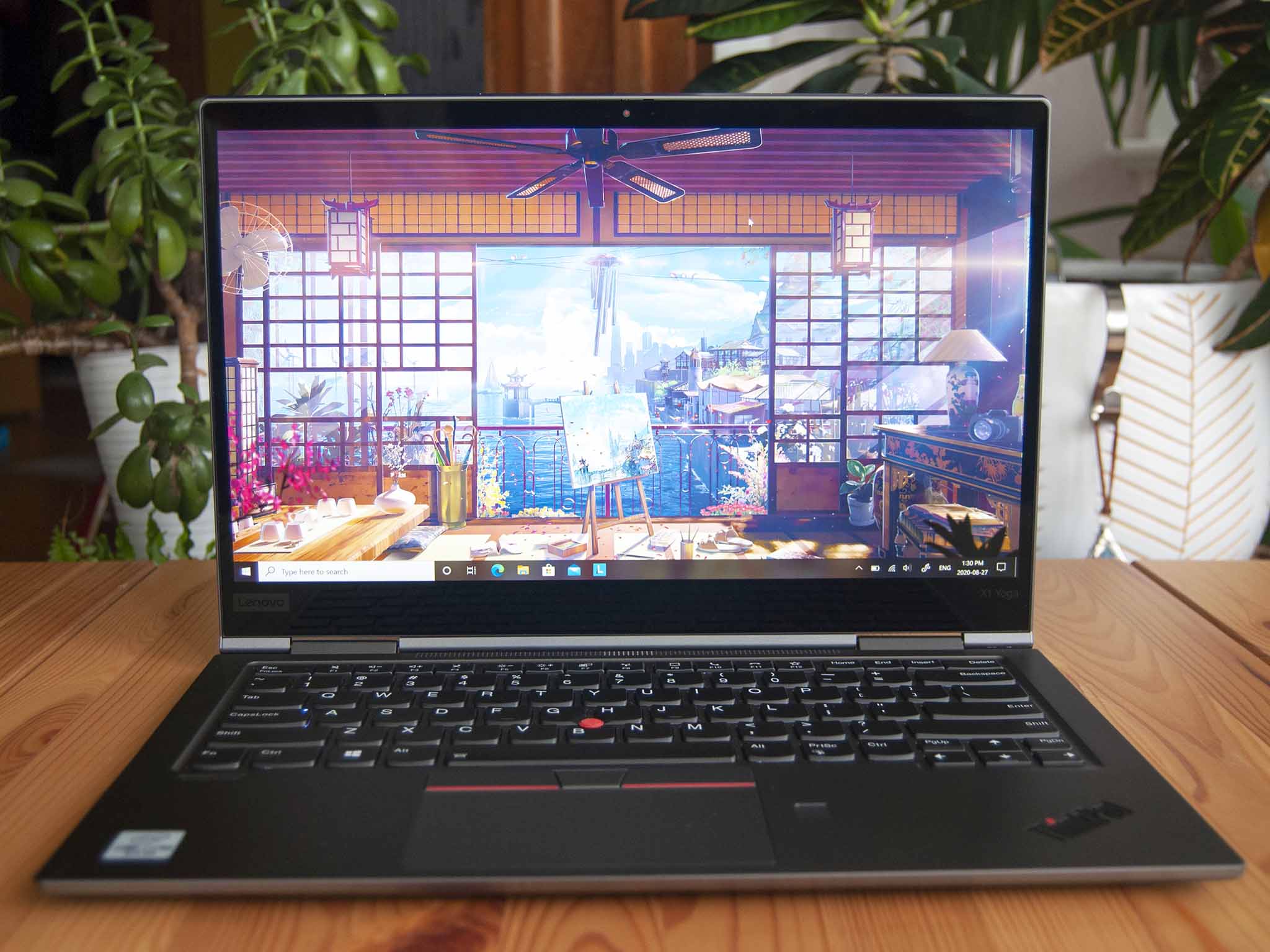
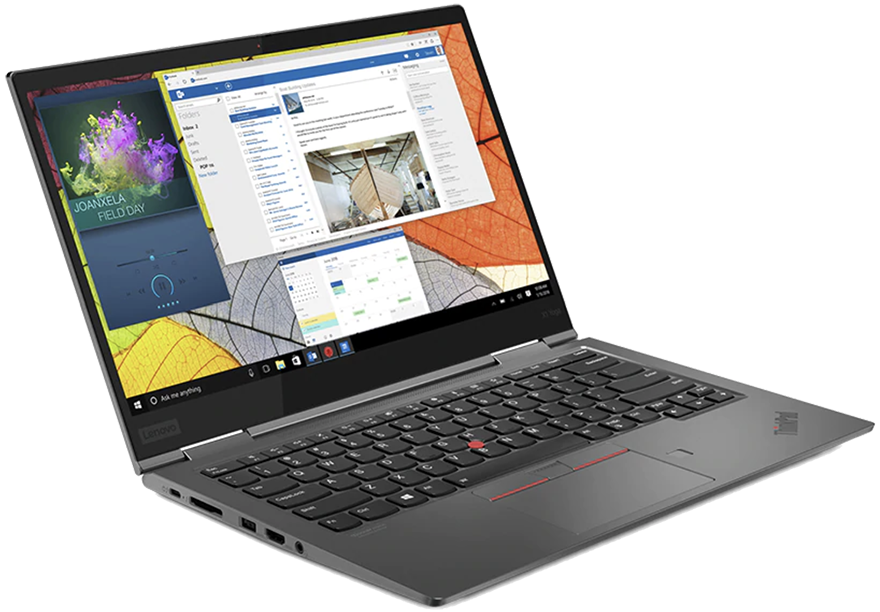

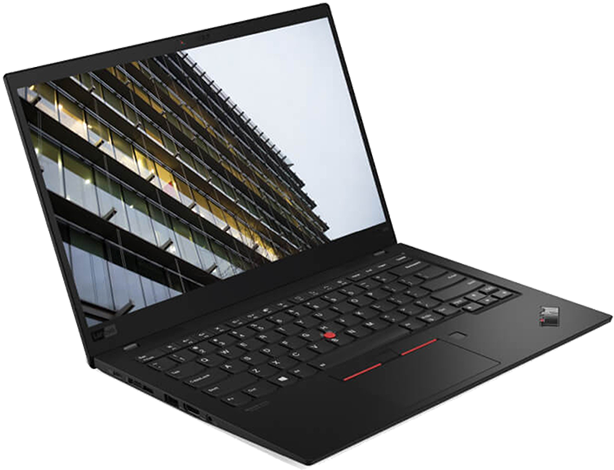
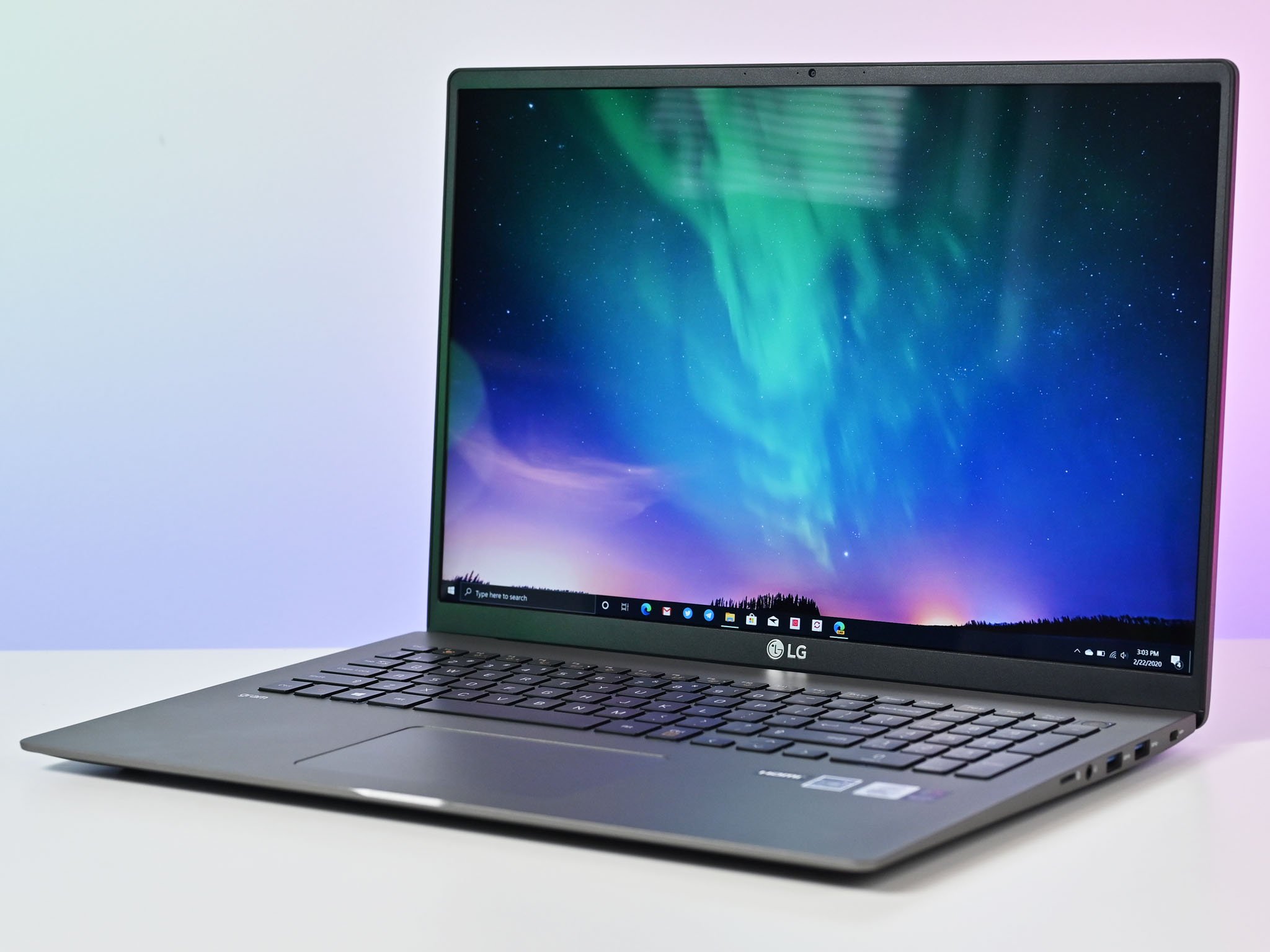

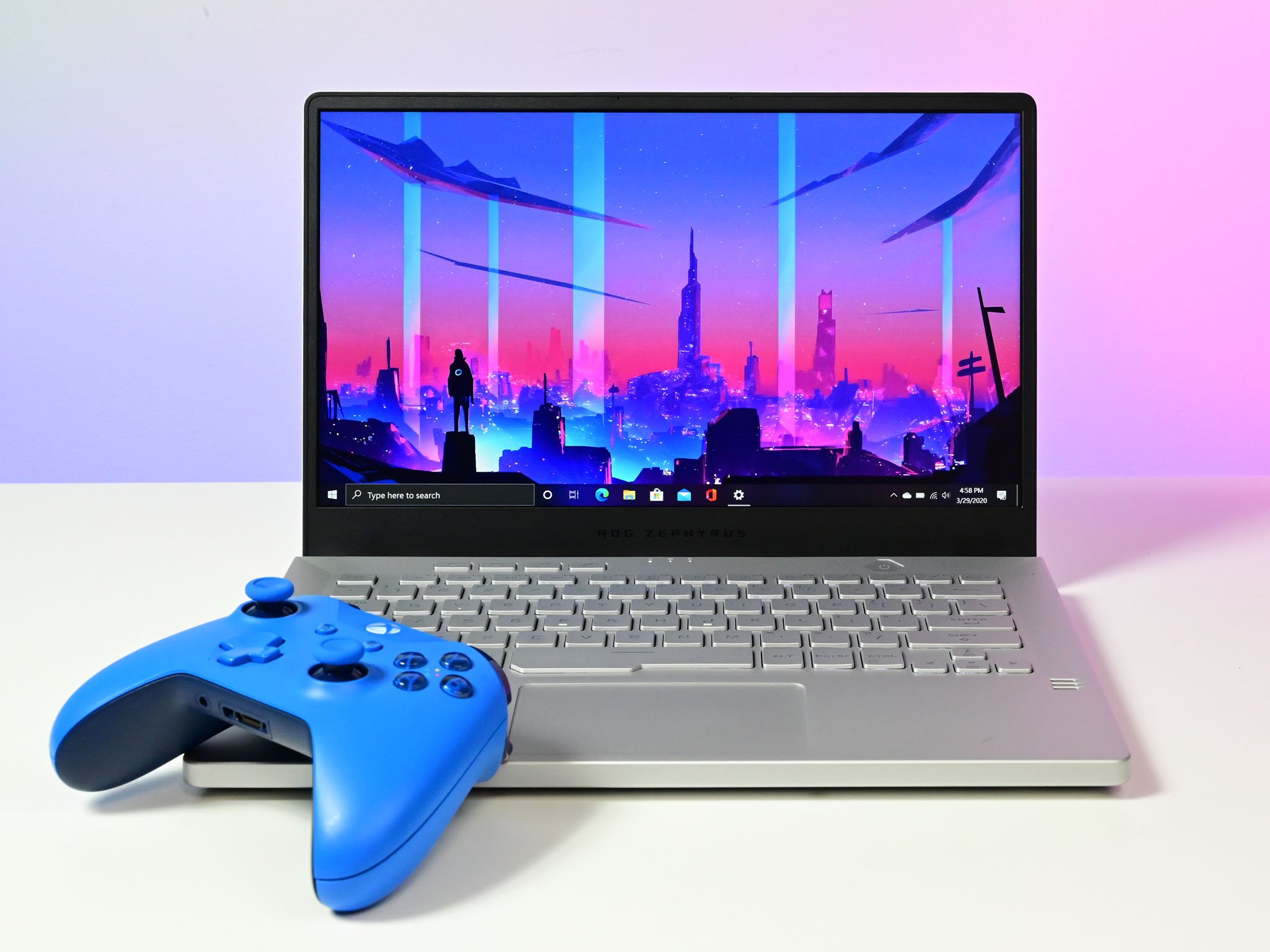

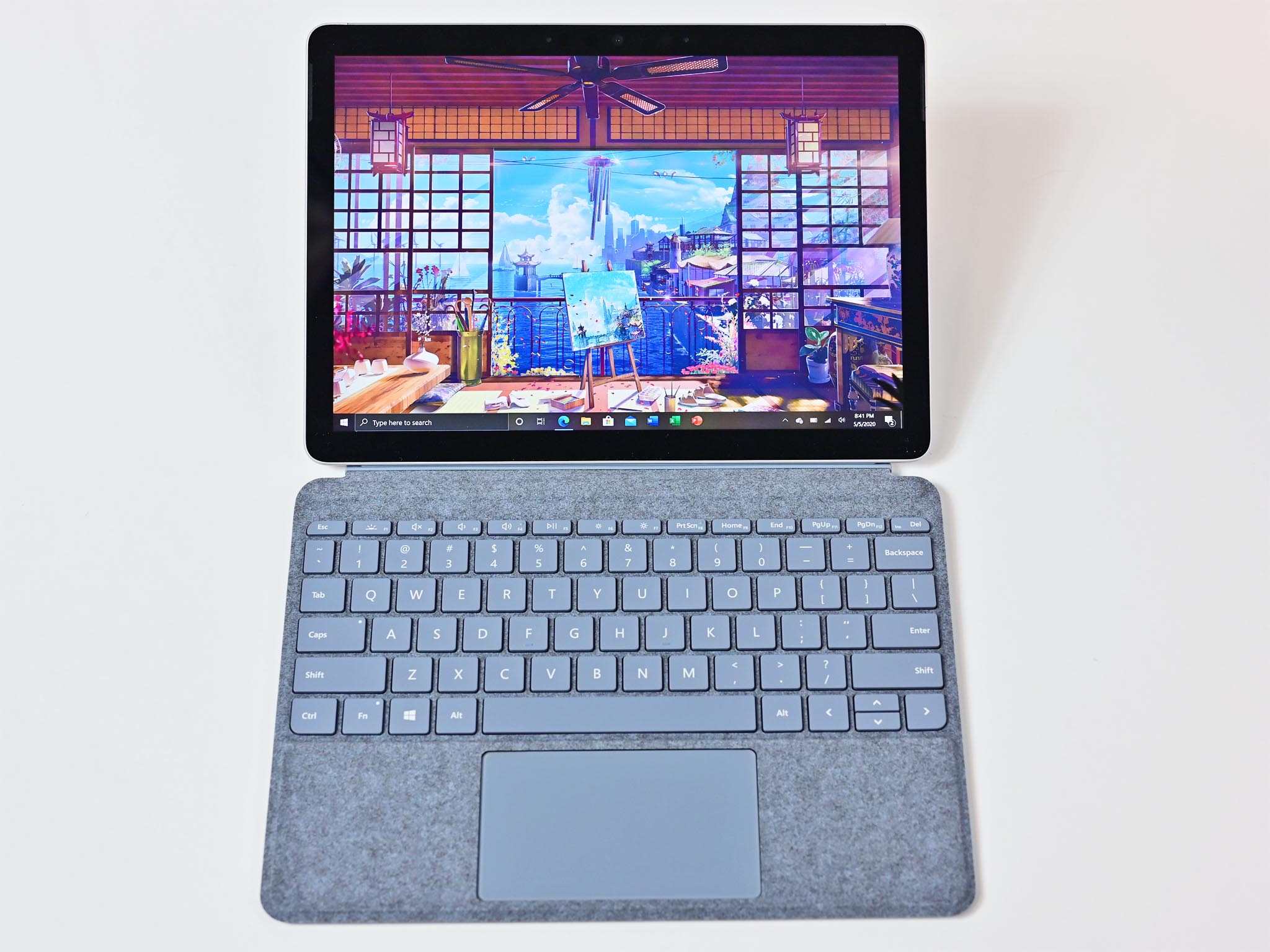
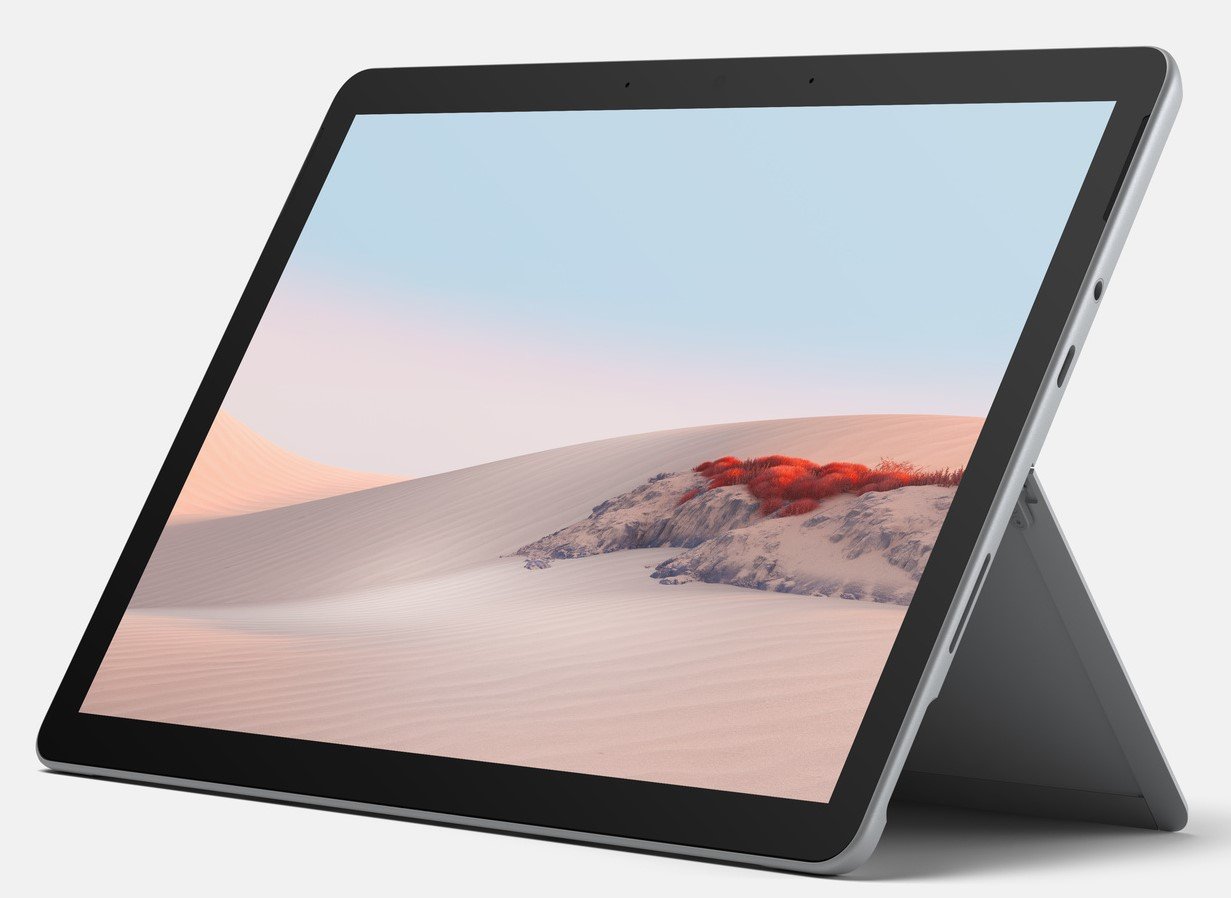
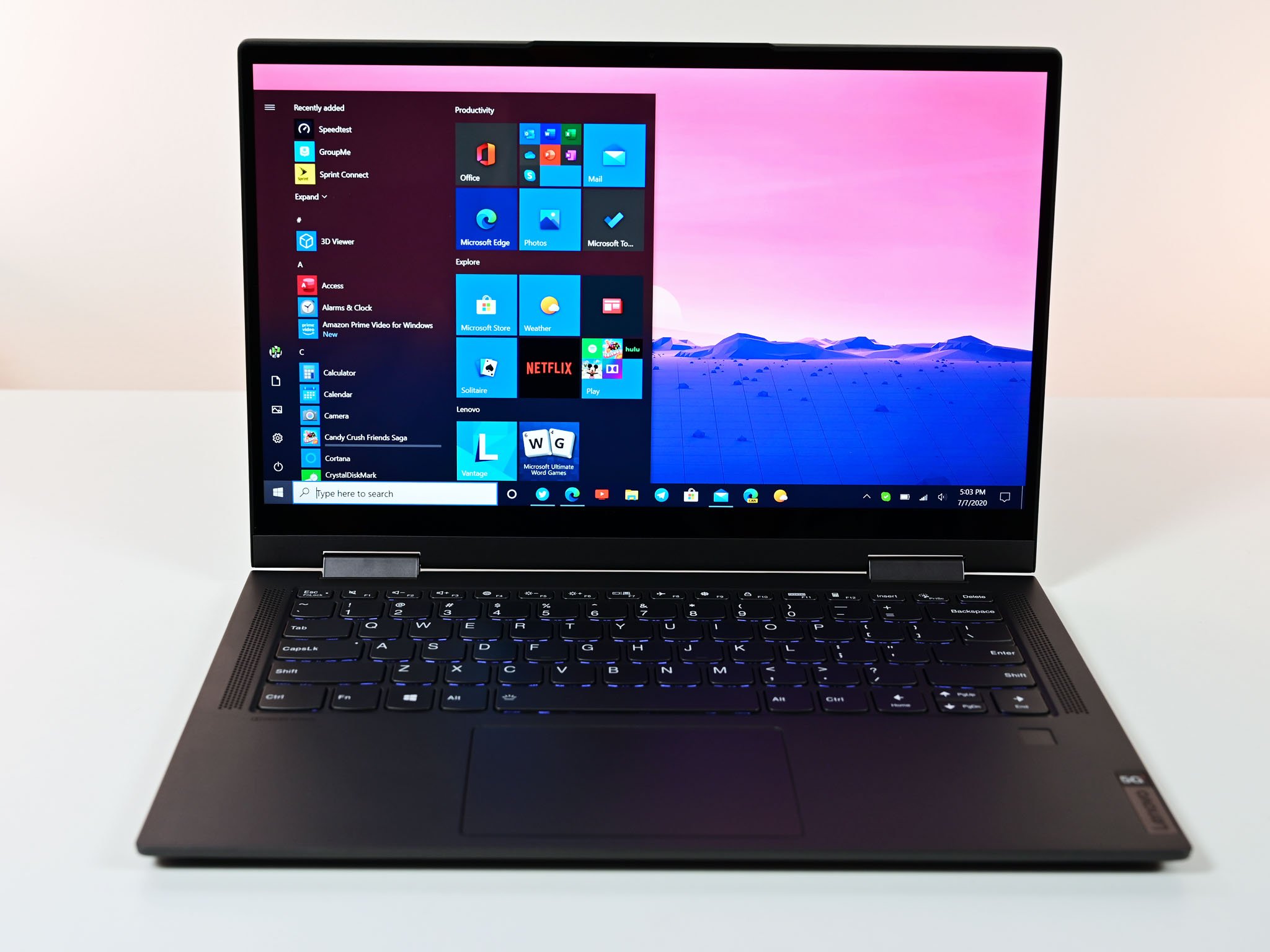
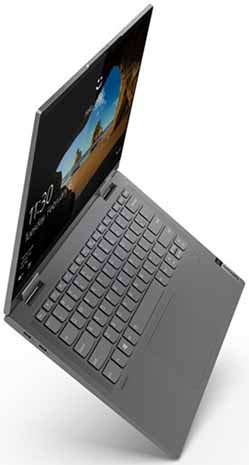



0 comments:
Post a Comment